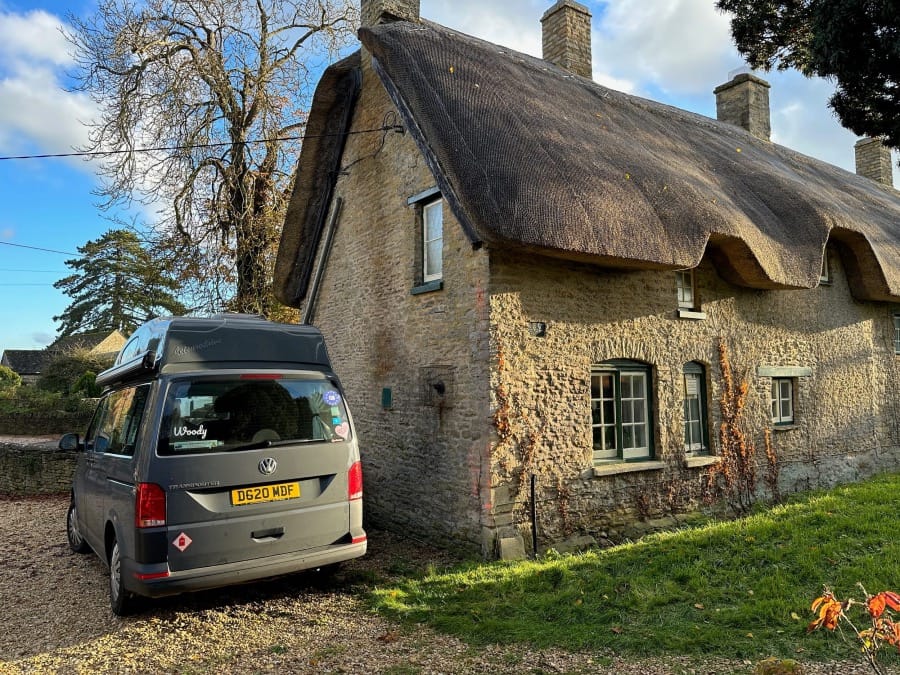
Welcome!
Thanks for coming along
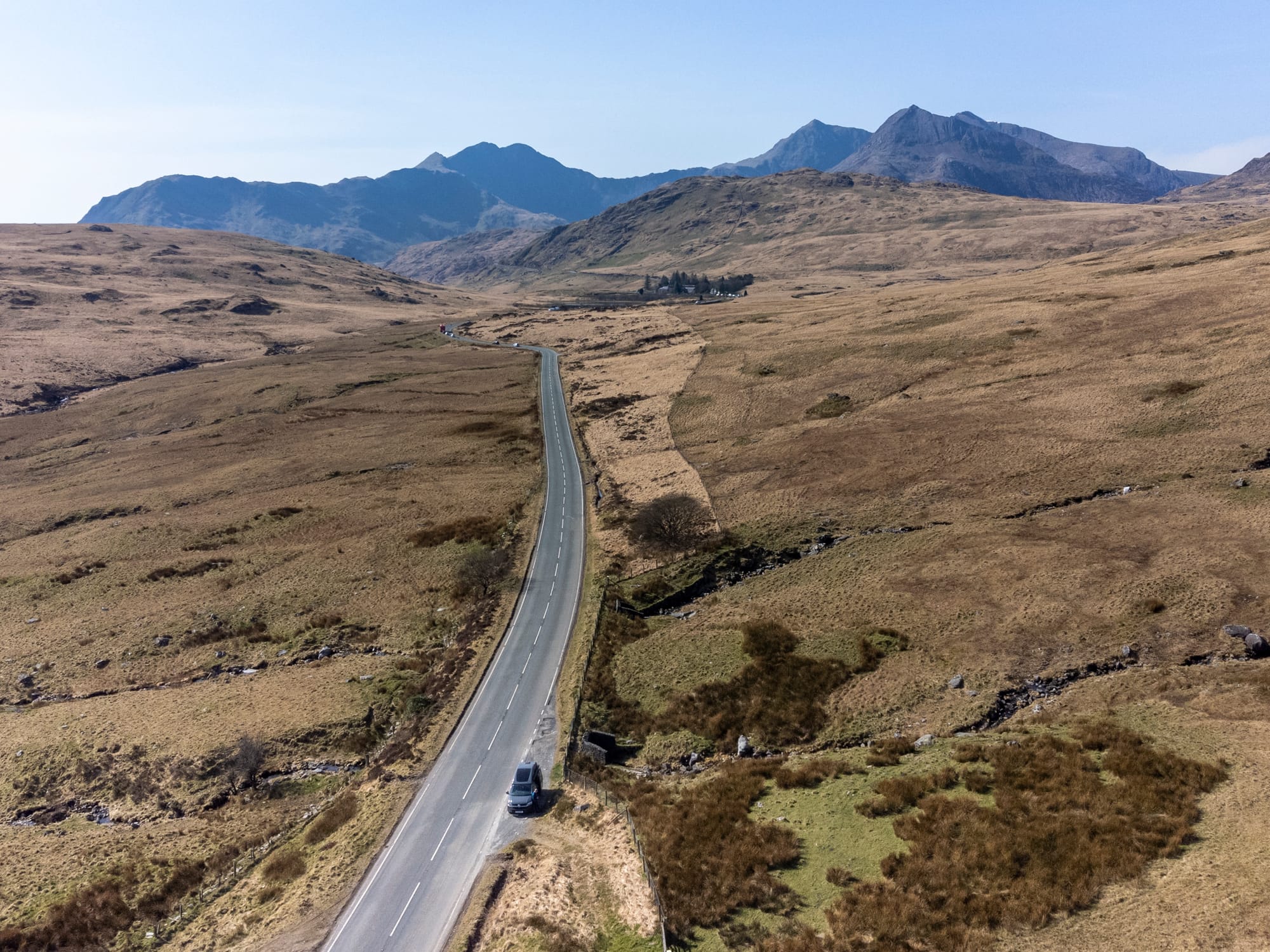
⚡️ View the latest digest and the full archive here.
📐 My Goals ℹ️ Donations Page & Status 📸 MPP Status 🛍️Shop
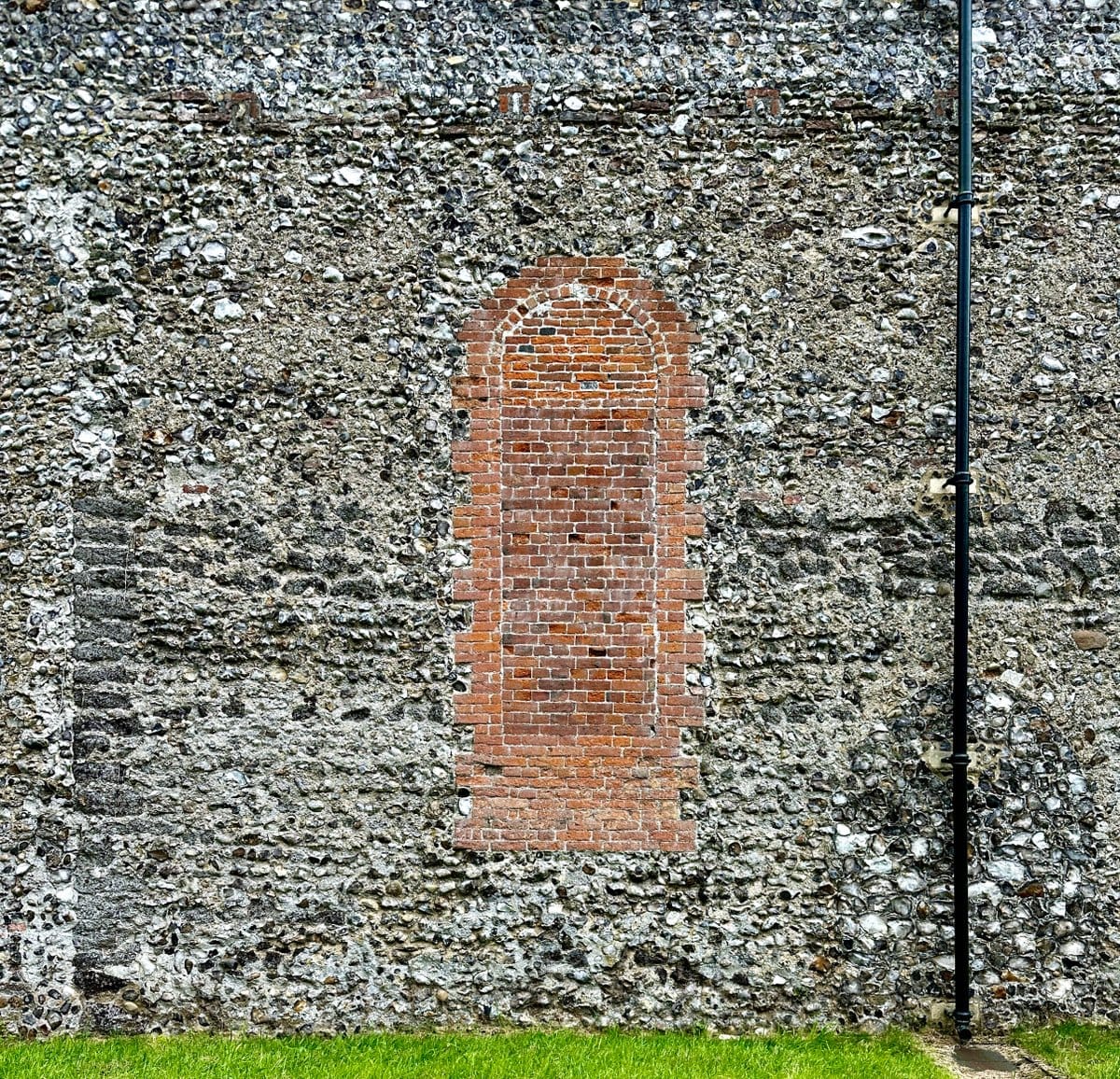
Ghost window: a spectral trace in brick and flint. Every now and then I come across a scene that is utterly beautiful but not intended to be so...here at St. Lawrence, Beeston St. Lawrence, Norfolk.
The ground is all memoranda and signatures; and every object covered over with hints.
Ralph Waldo Emerson
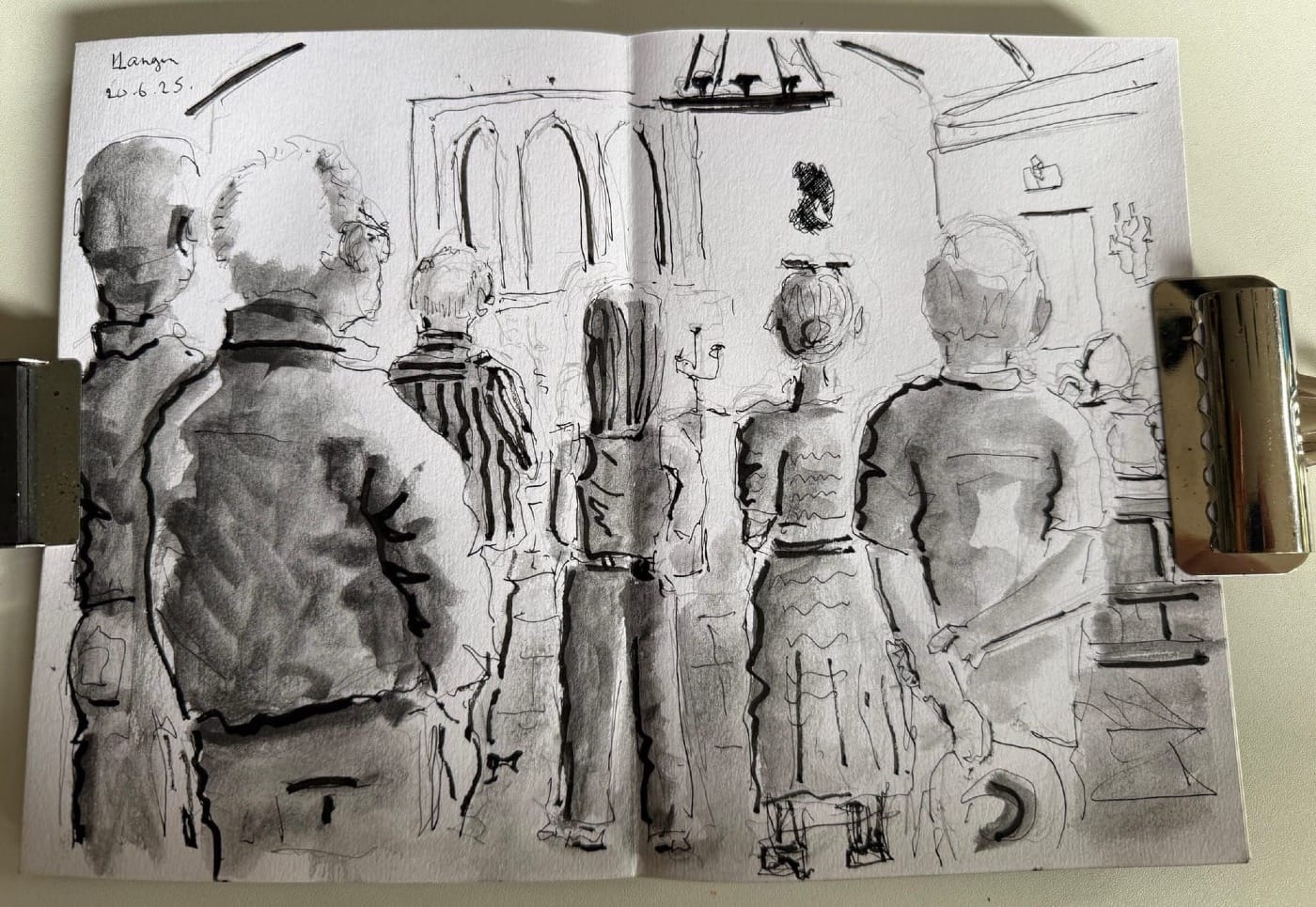
I’m back at St James’s, Llangua in Monmouthshire. This is my third visit, intended to photograph the church now that its conservation is complete. The time before this, I gathered with others to celebrate the completion of the work, but the visit before that is perhaps the most memorable, because the church was in a poor state of repair.
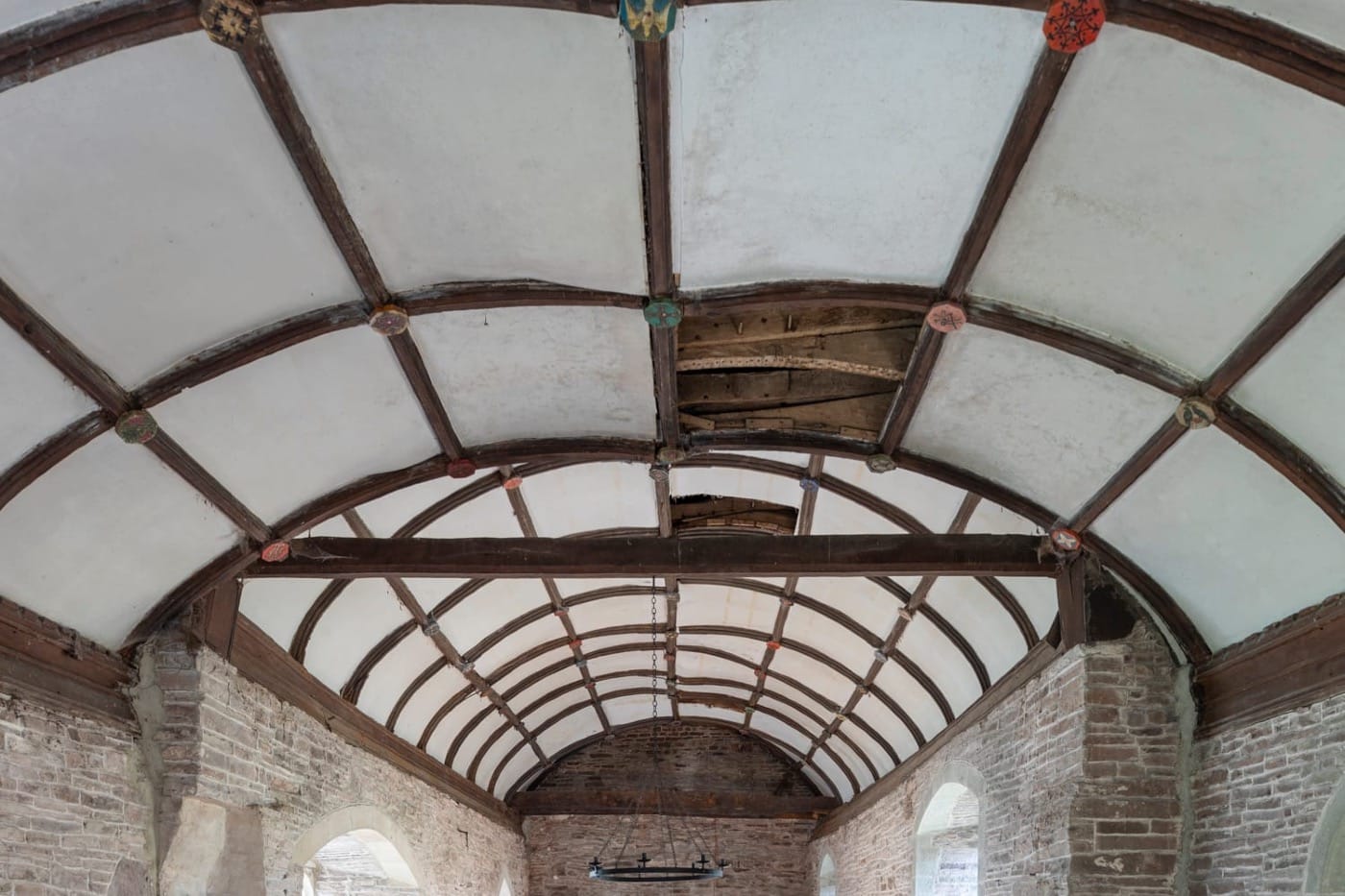
My first visit showed me that there was no beauty in decay.
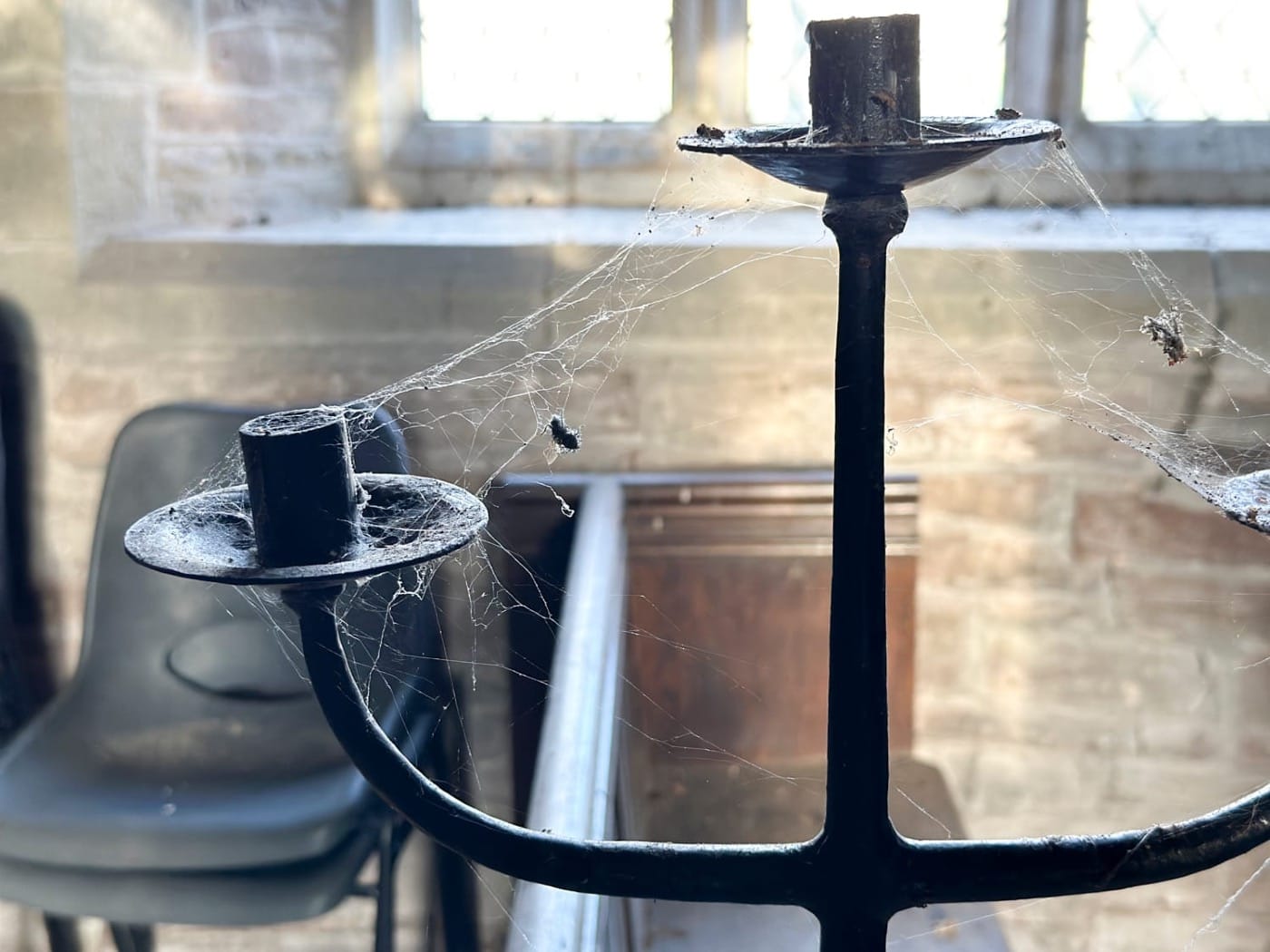
The interior was dank, the roof was tilting, and there was detritus on the floor. On this occasion, Llangua was still relatively intact, but I’ve visited other places on the cusp like this that have deteriorated significantly within weeks or months.
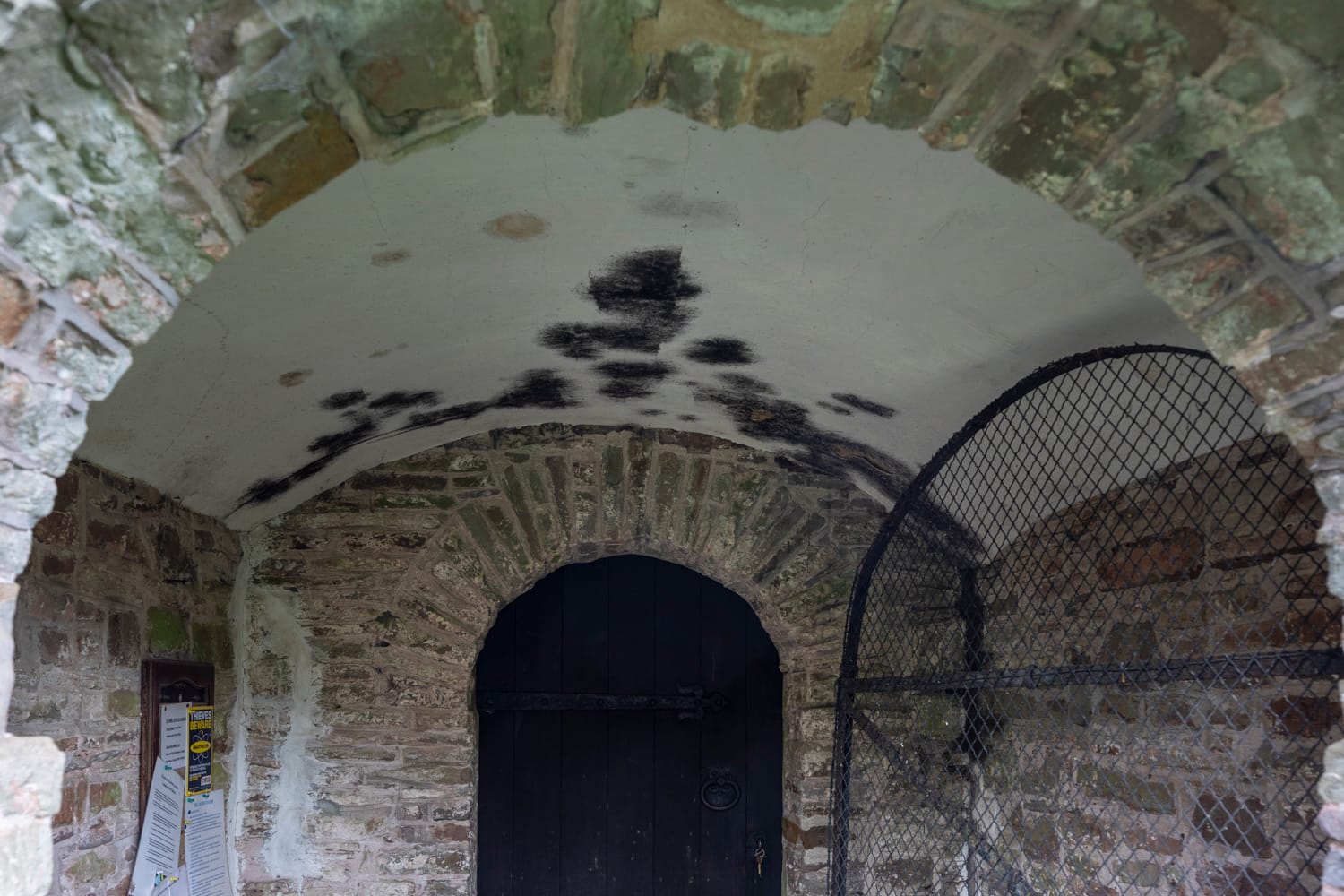
What is most disturbing is the sense of the spirit of place draining out of them – a loss of presence and energy.

I could still feel the energy here at Llangua, but it was waning. There was none of Ruskin’s golden stain of time.
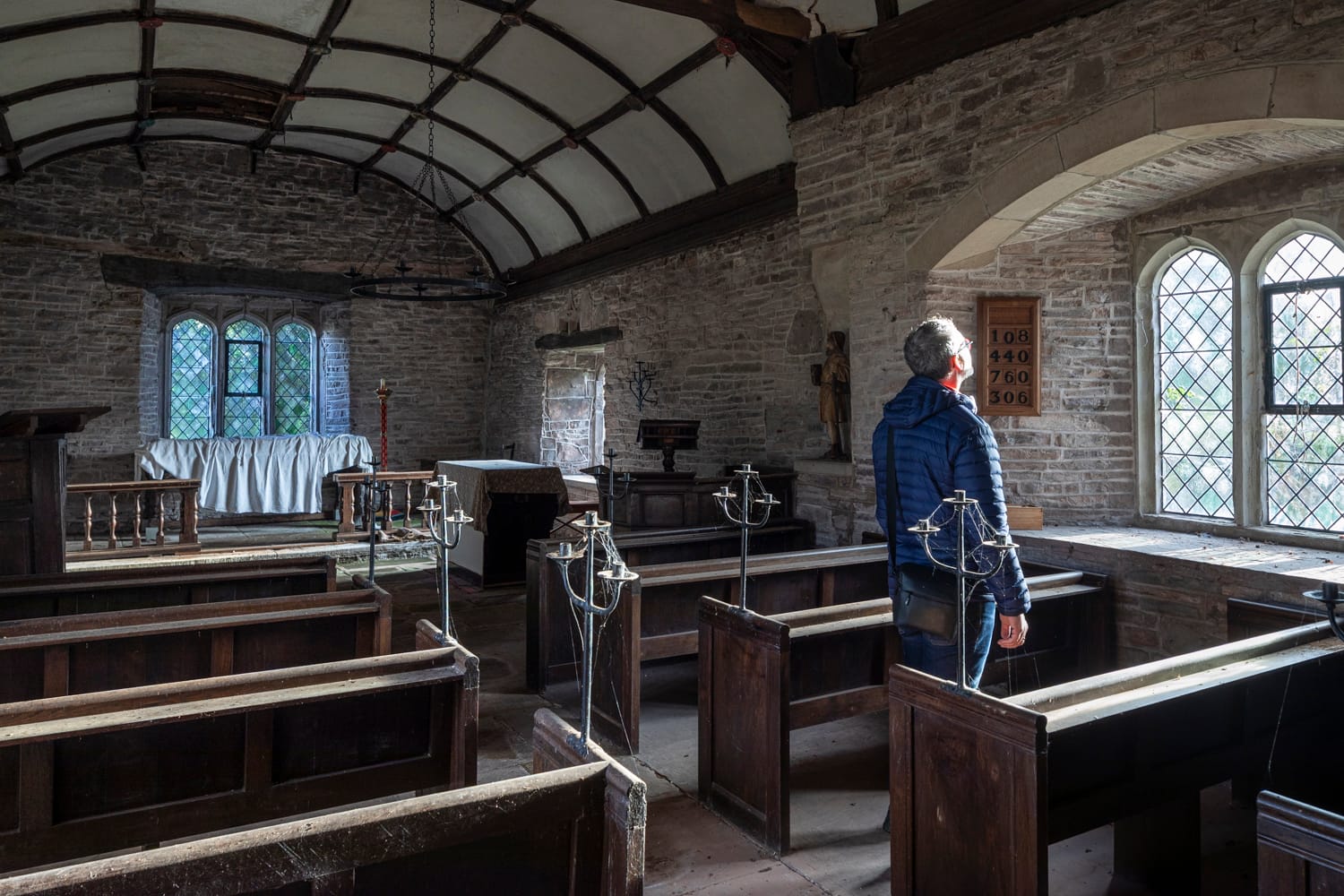
In 1954, Ivor Bulmer-Thomas restored St James’s in memory of his wife Dilys, sparking the foundation of the Friends of Friendless Churches. The act gave personal grief a lasting, public legacy. Decades later, the Friends returned, faced with a failing roof and urgent structural trauma. After years of planning and care, skilled craftspeople delicately brought the building back to life.
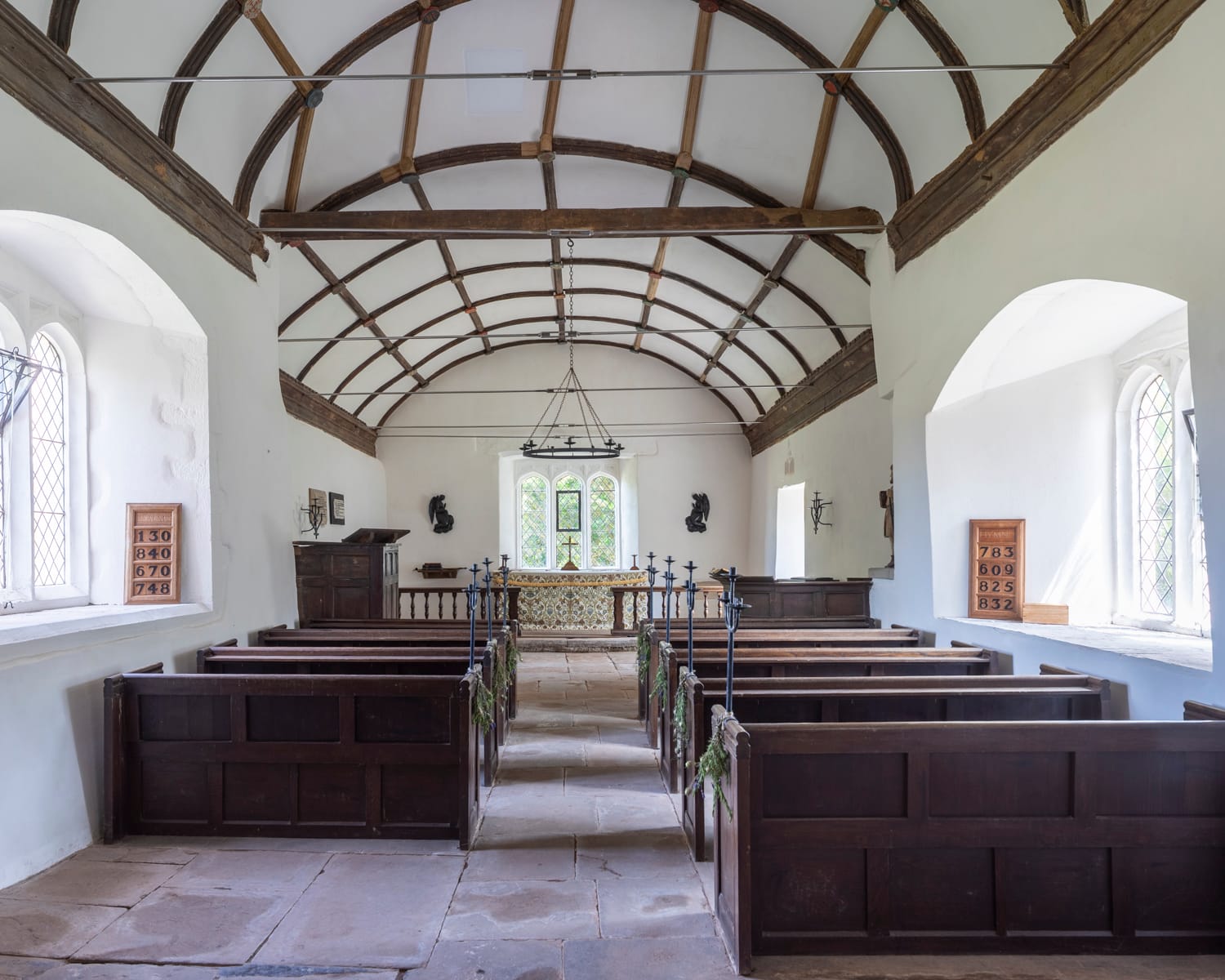
They stoically raised the roof, returned its protective render, and sensitively and pragmatically found solutions to protect the bells – one of which is 13th-century.
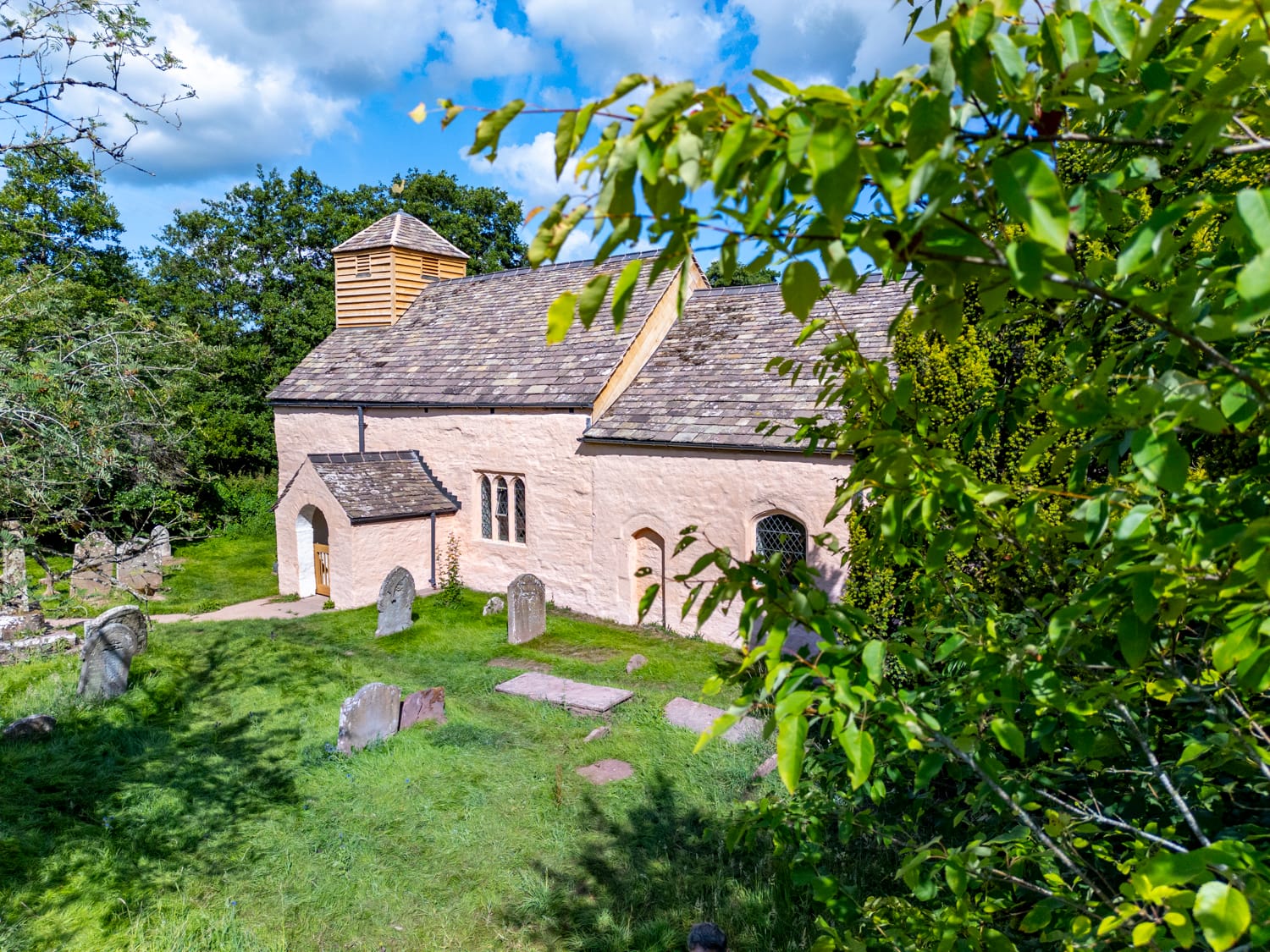
They also looked after the building’s biosphere. A rare type of moss (Hedwigia ciliata var. leucophaea – which is sensitive to light) was found on the stone roof slates. To conserve it and ensure its survival, the stone slates were placed upon angled pallets (like solar panels) so that the moss could thrive under similar light conditions.
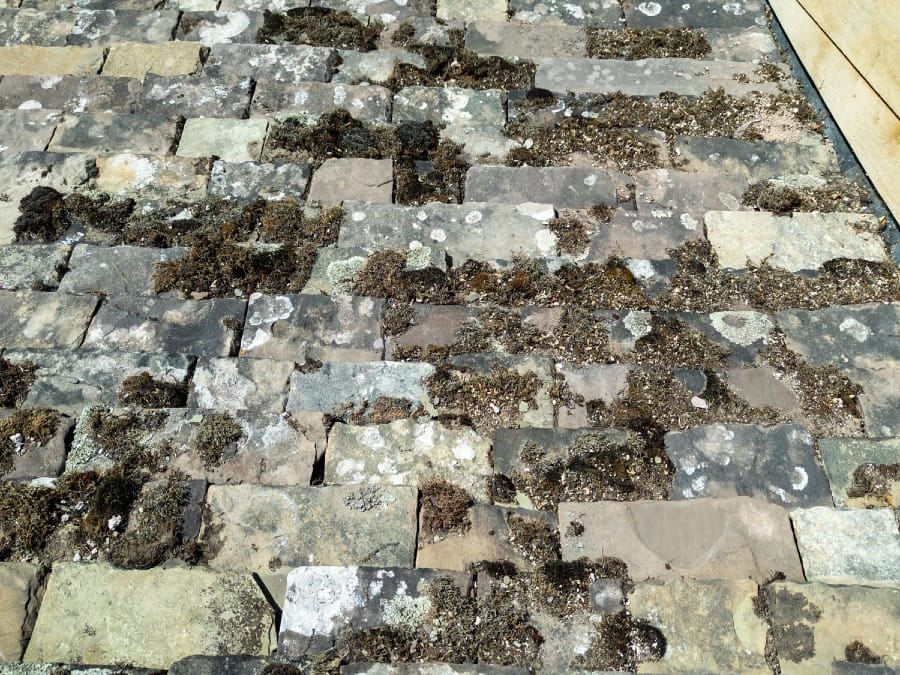
I’m reminded of a poem by Clare Shaw called The Healing of Little Wooden Moss:
‘There’s beauty in what is repaired,
in old wrongs softened
in moss, and of its colours,
though not everything can be restored
here there are dragonflies
and their wings are bright windows -
they lift you.’
Looking after the building and its context speaks to something profoundly human – the impulse to invest in things that extend beyond our own lifespan. There is energy in places like this – a kind of spirit that draws us in. And when we invest in that spirit, we do so, not only for ourselves, but in service to those who came before. Friends’ Director Rachel Morley reflects on this beautifully: ‘Mending old churches is a creative collaboration between people separated by centuries – people who will never meet but who share a purpose.’
There’s something quite profound in what Rachel says – something that touches upon the essence of why we save places like Llangua.
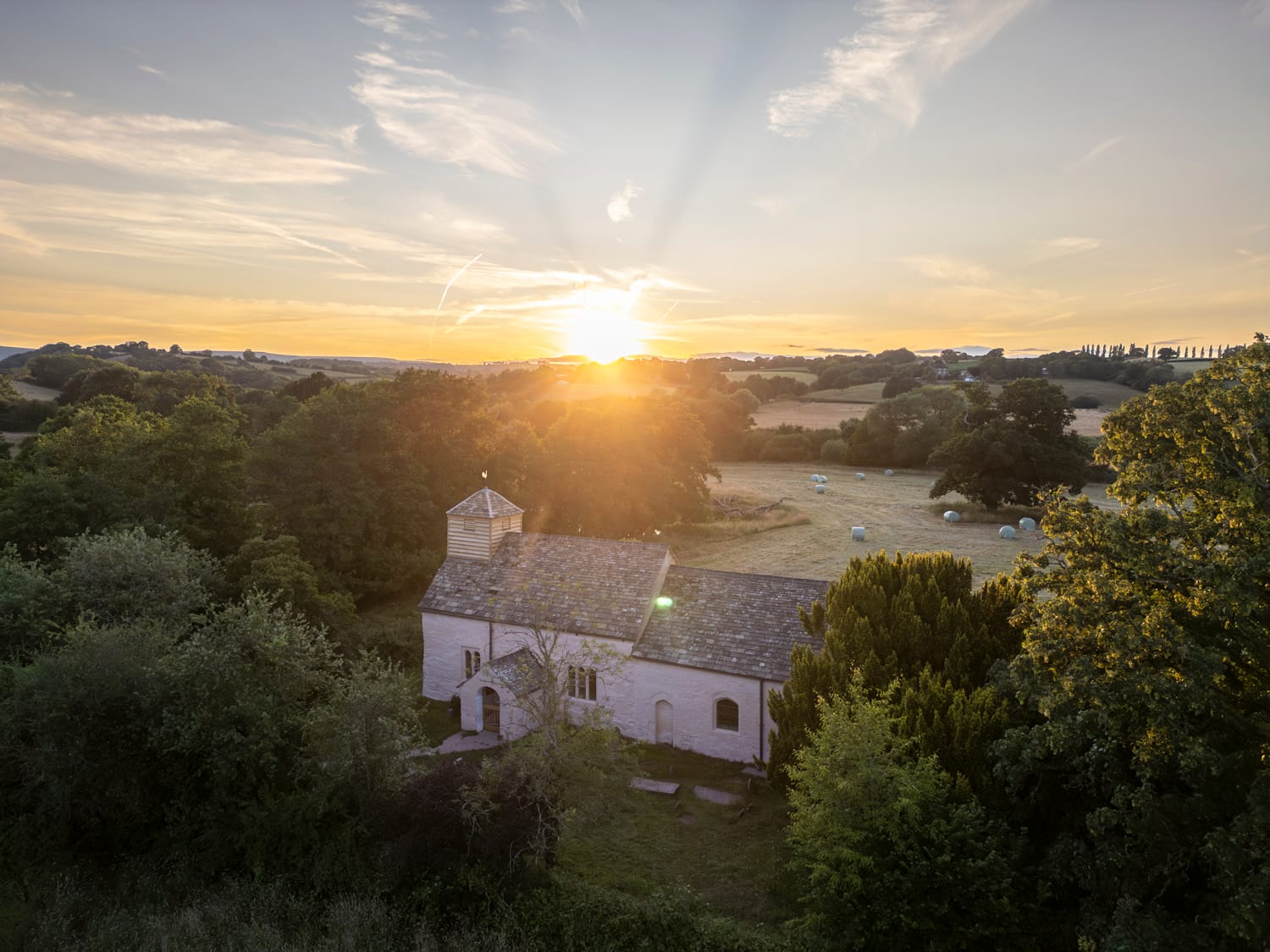
Sometimes I sense that locations with longevity hold a kind of energy. That somehow the millennial algorithm of people, place and the past is cast into a weave of particular resonance that it becomes an instrument that sings the song of the universe. We’ve all felt it in certain places. I can feel it now, sitting here sketching the chancel - not the kind of dramatic score that we see in a hero movie - but more a soluble and soulful pitch that seems to flow through and sooth the wistful whistle from the slipstream of my own brief life. It is, of course, amplified by the ever so slow and incremental biota of place that Llangua has become.
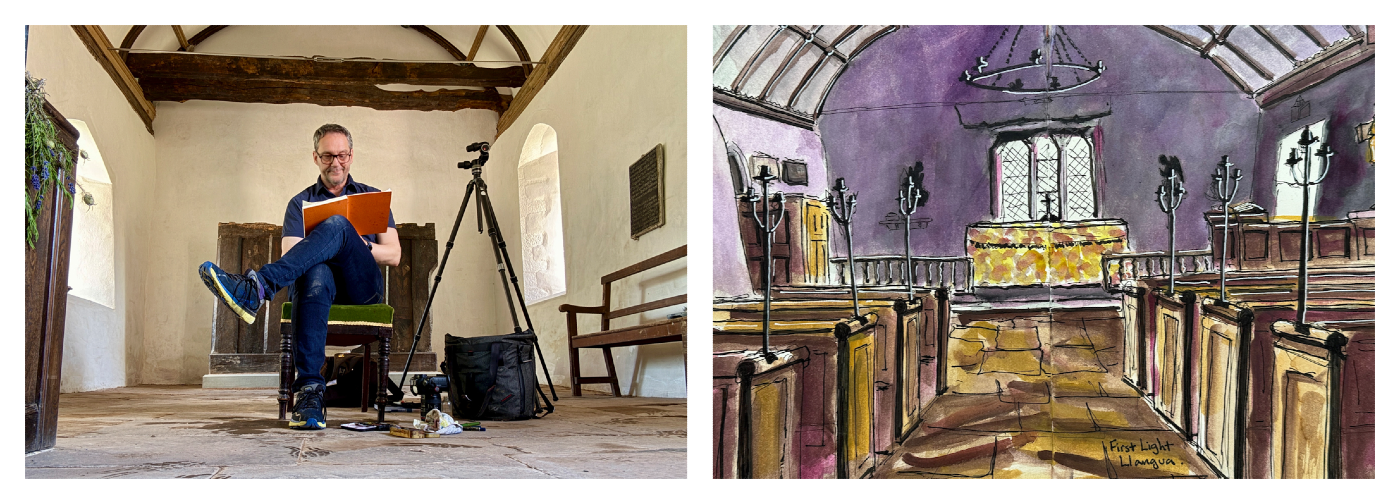
The biota of place is the perfect description here – an evolved ecology that includes building, time and place, people past and present, pattern and patina, sound and silence, the dragonfly and the moss, the bending river and the ebb and flow of the seasons cast over millennia. It also includes the gaps and the silences in this building’s past: the planners and the rescuers, the builders and the conservators, the ecologists and the historians, the philanthropists and the volunteers.
After witnessing the spirit seeping out of St James’s – back in the here and now – it feels as though the place has been switched back on. They say that if you put something out there with kindness the universe will answer back: whilst they raised the roof to its original position, they found decorative fragments of the rood screen in the wall cavity – pieces of a forgotten story, now returned.
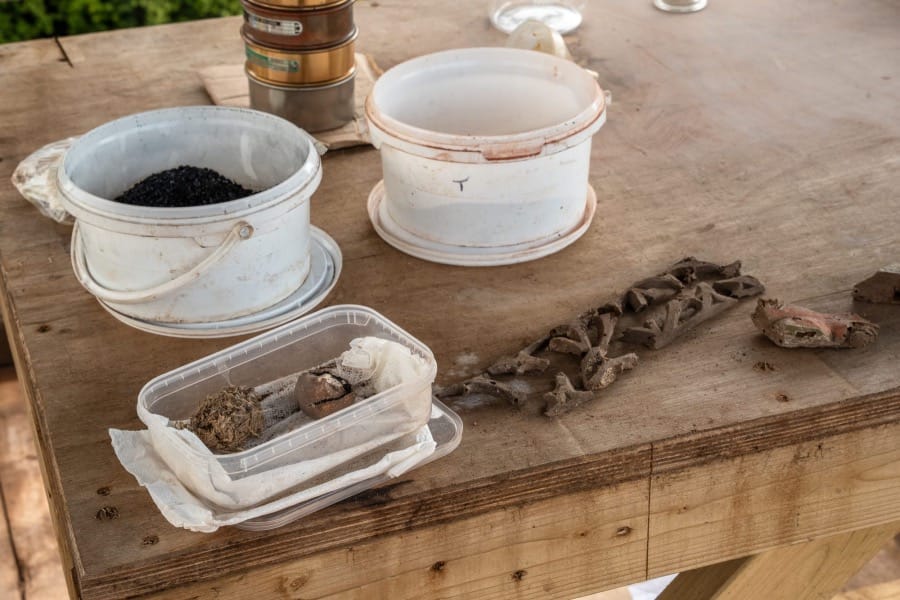
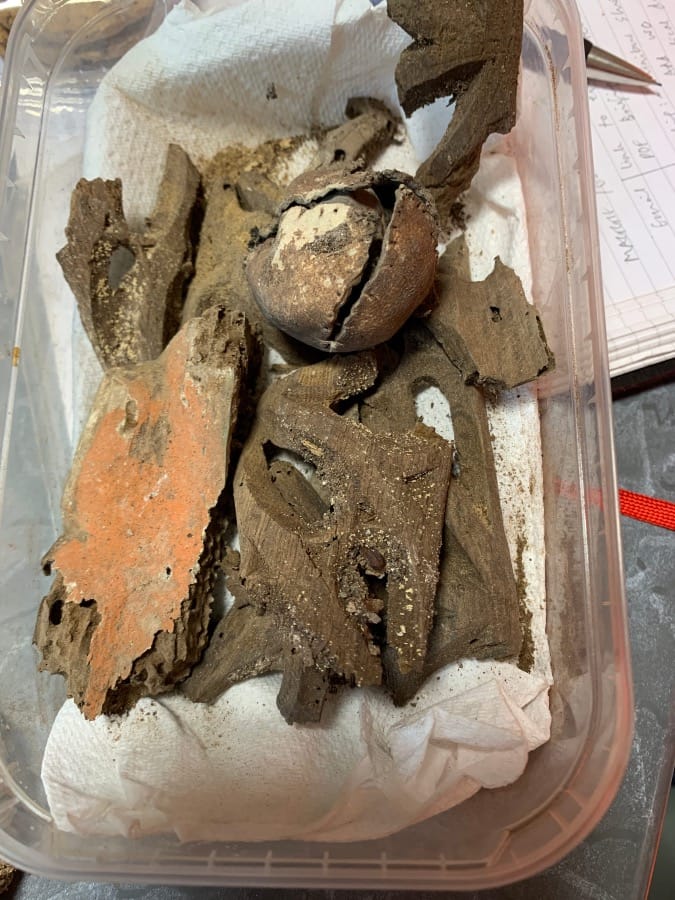
This conservation was not a self-conscious restoration or a grand, sweeping gesture. It was more like the tuning of an instrument – drawing the song of place gently back into equilibrium. An act rooted in care, sustained by craft, and free from ego. Through the remarkable work of the Friends of Friendless Churches, the spirit of Llangua hasn’t just been preserved, it has been amplified – the thread unbroken.
Perhaps it is only by imagining a parallel universe in which St James’s was left to moulder that we begin to grasp the true weight of its loss. A place consigned to memory – its story told only in words and images. The essence of it gone: its material presence, the perceptible shape and texture of several hundred years of accumulated being – its personality, formed through myriad interactions with the seasons, the light, the birds, the insects, the rood fragments, the moss, the hopeful and the anxious, the wedded, the new-born, the bereaved; the dowser, the archaeologist, the Tewkesbury tea-shop owner, the photographer – and the hidden things the universe might yet think to gift to future generations.
Another tether, holding us fast to deeply rooted nutrients — gone.
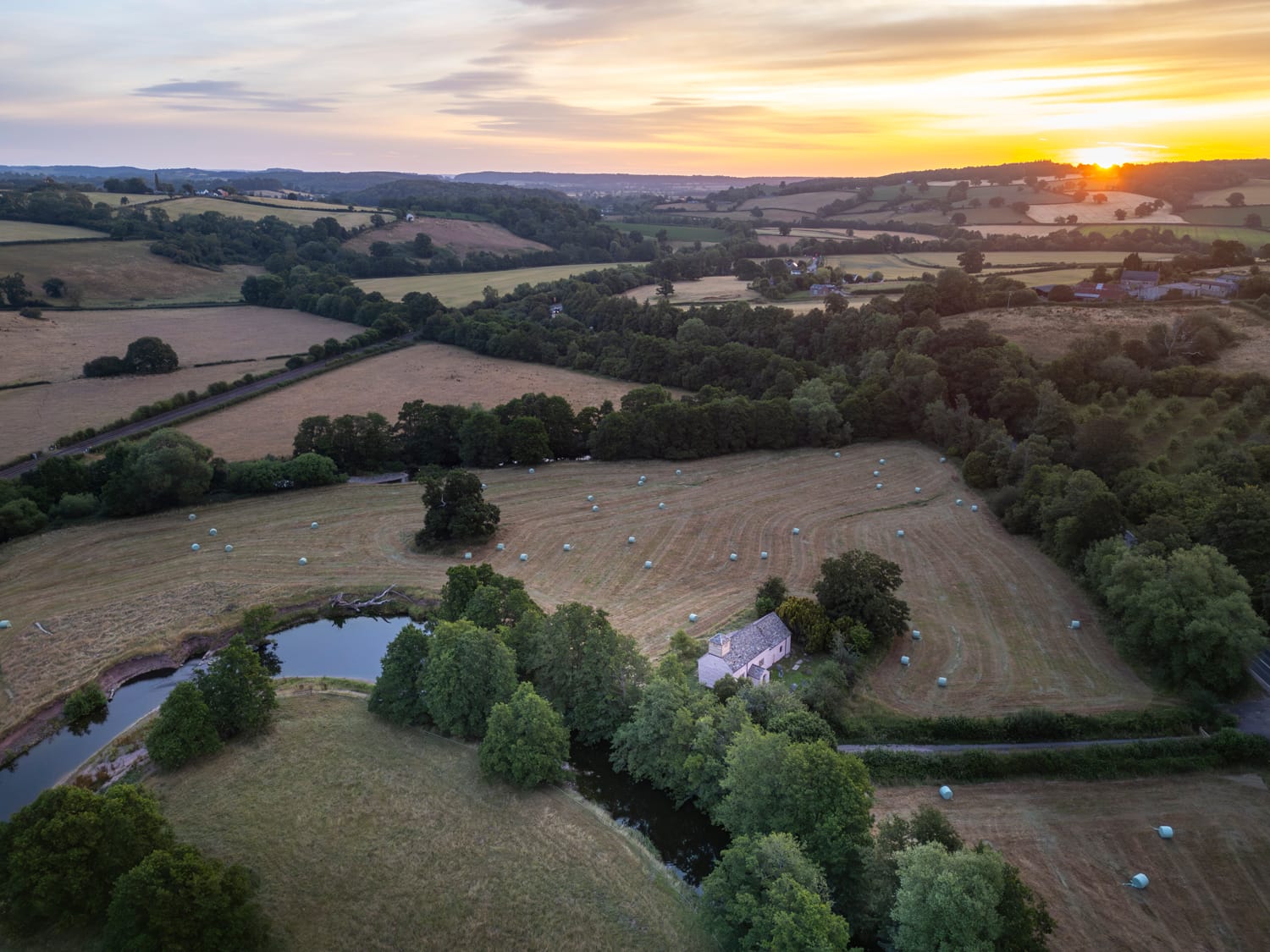
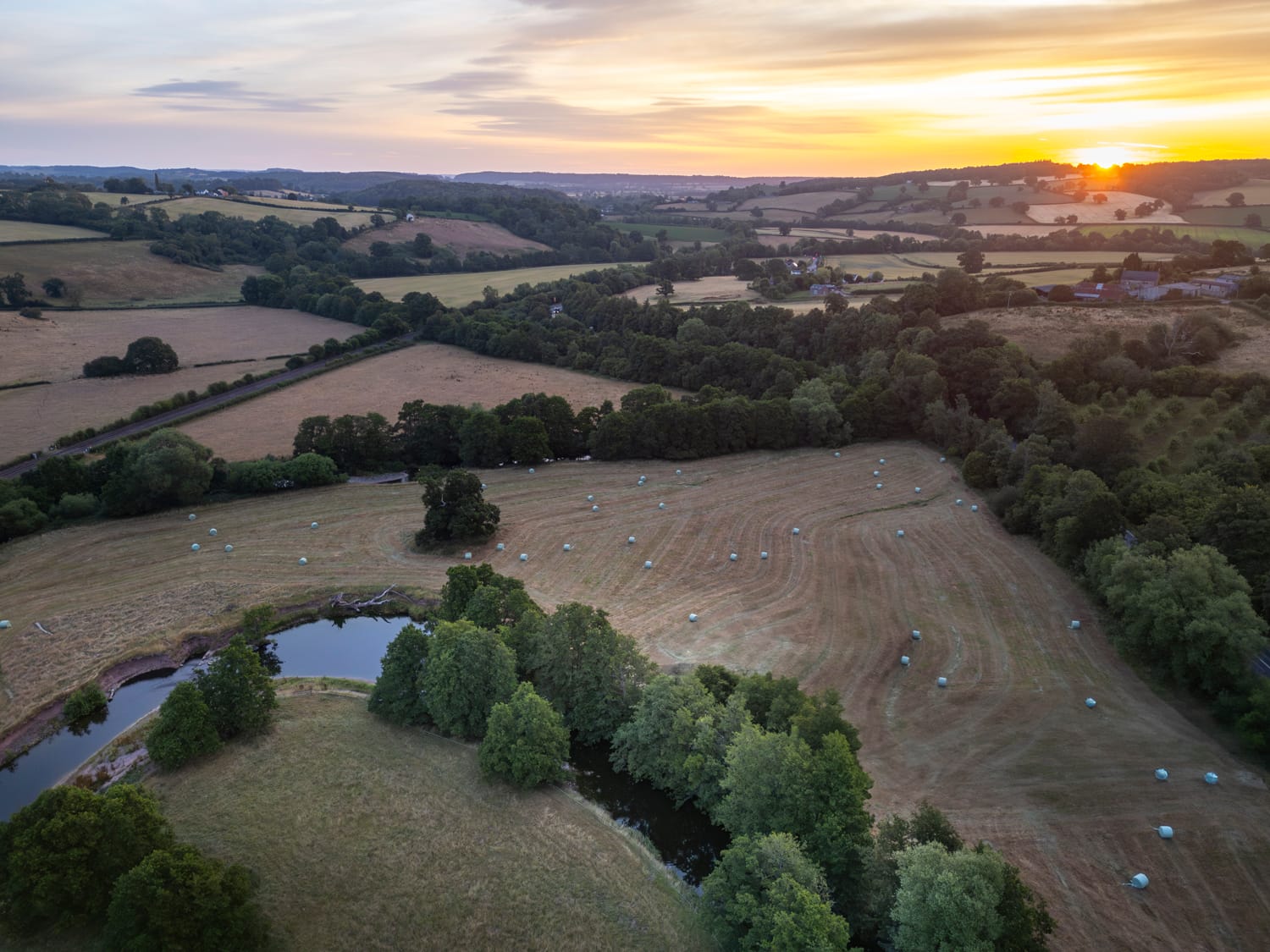
I made a short film of my day and evening photographing St. James's.
✨ Members can see the interior of St. James's, Llangua in glorious virtual reality here (viewable on any device)
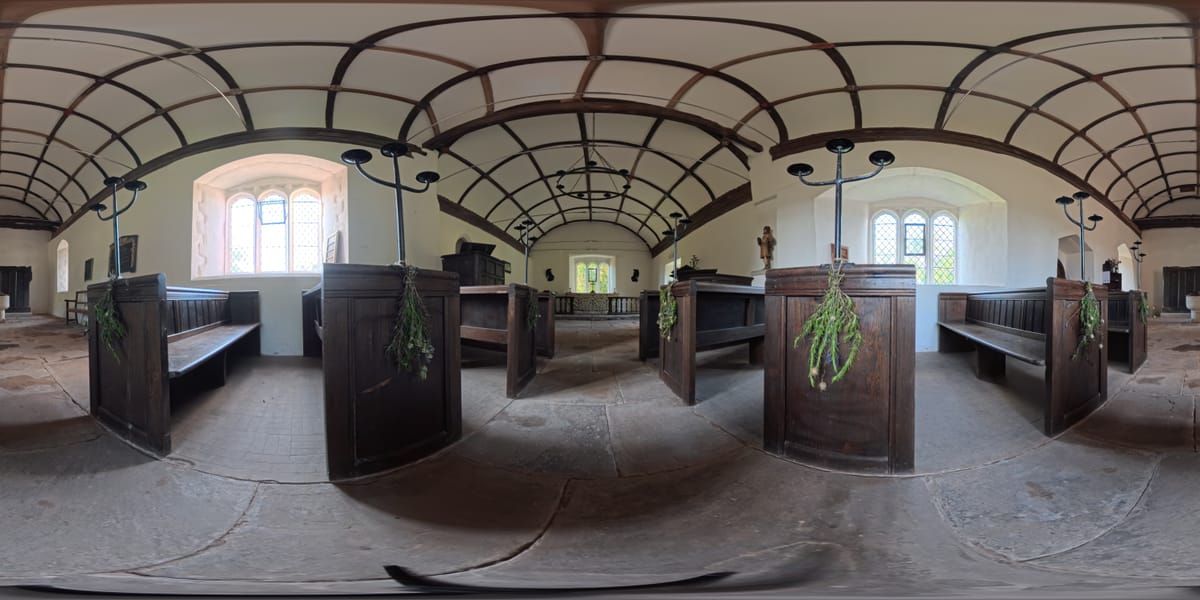
St. James's, Llangua
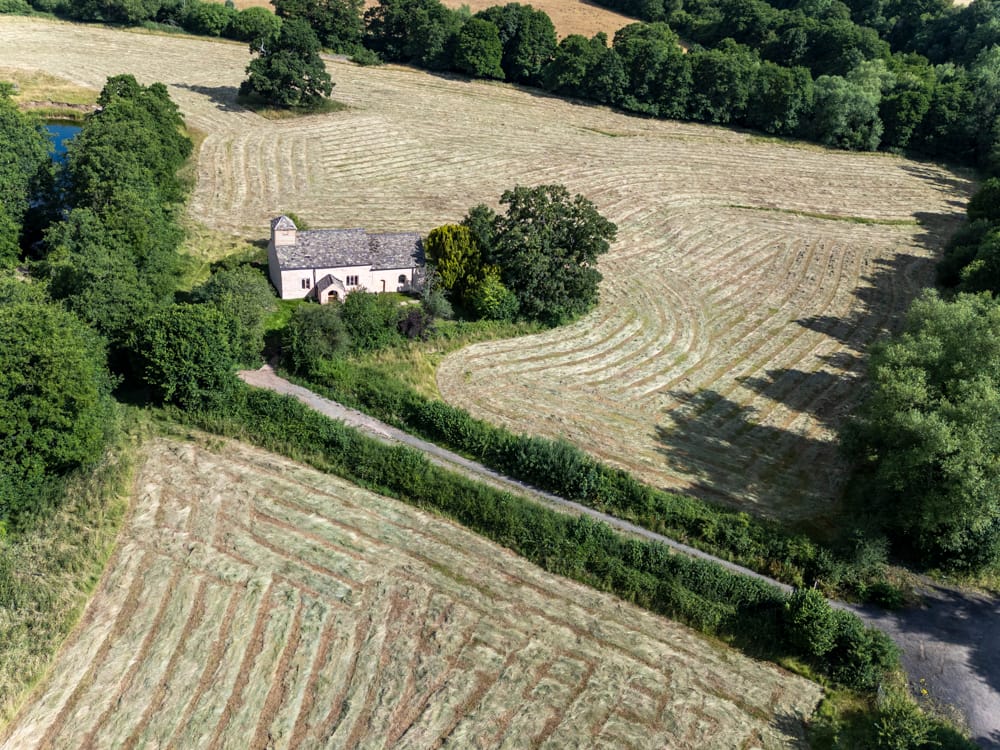
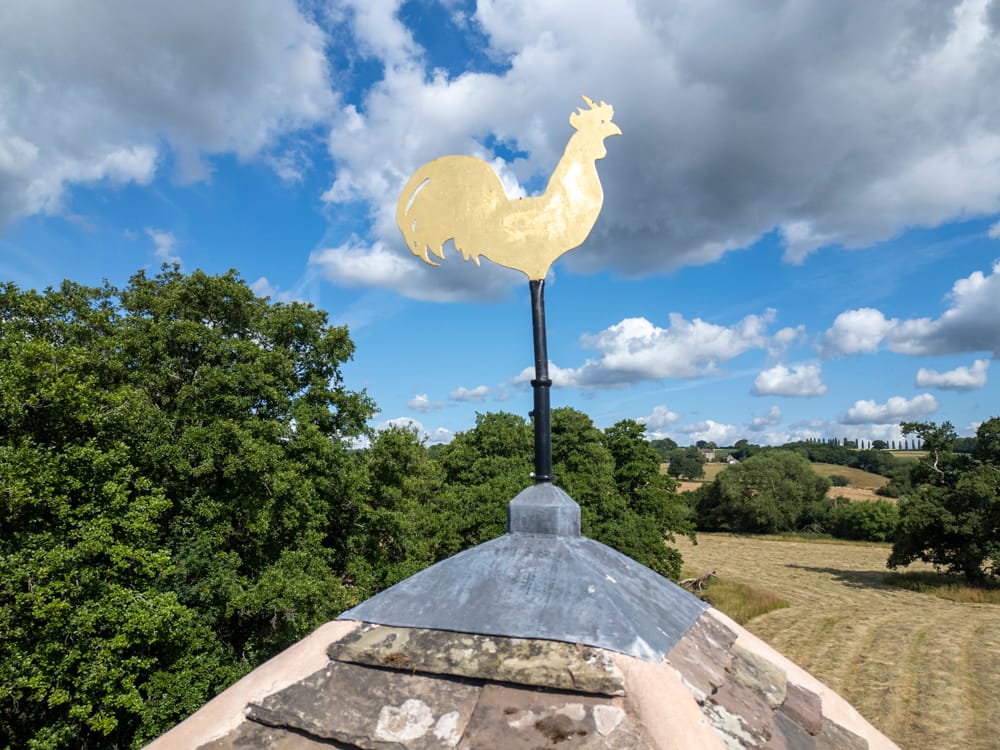
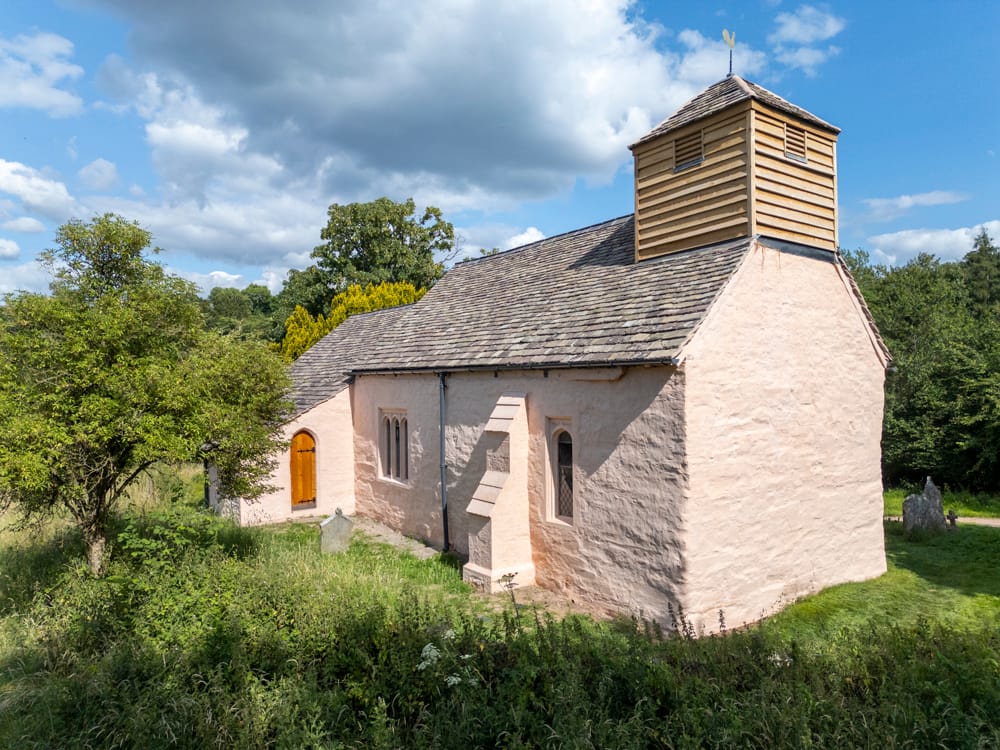
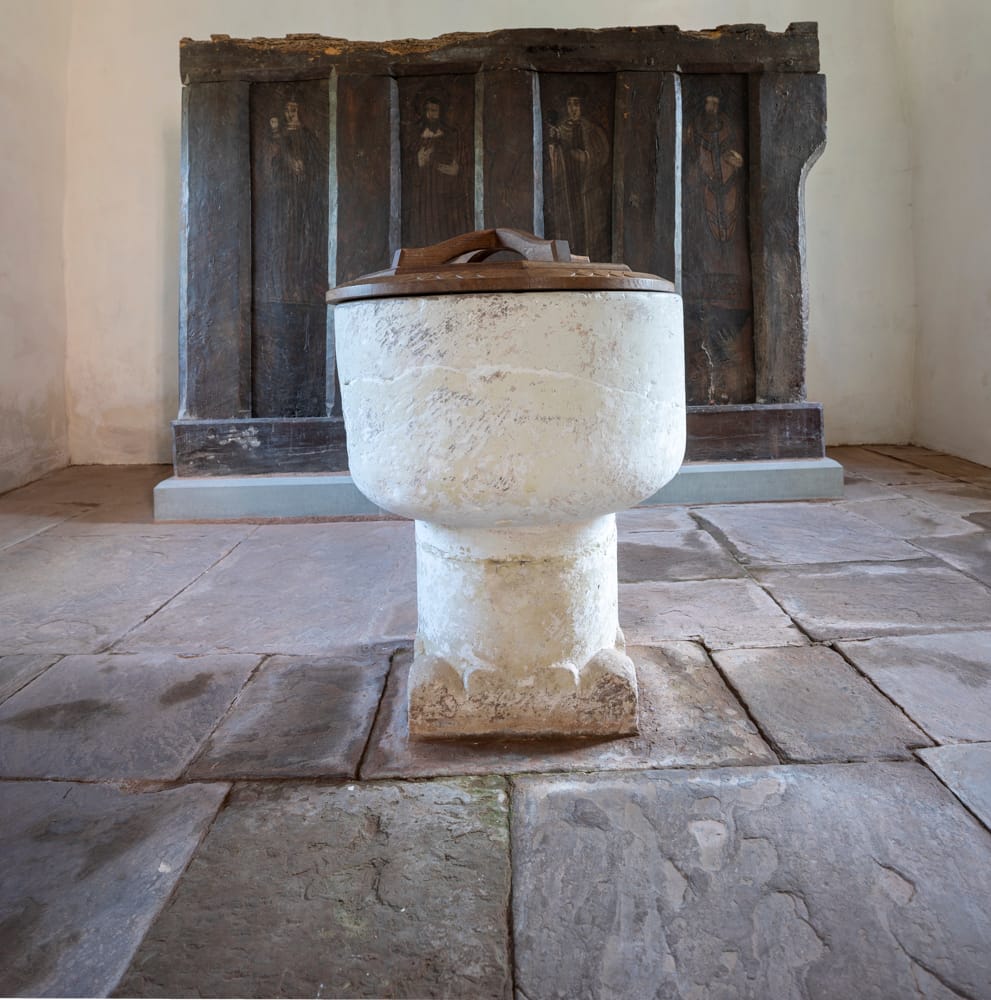
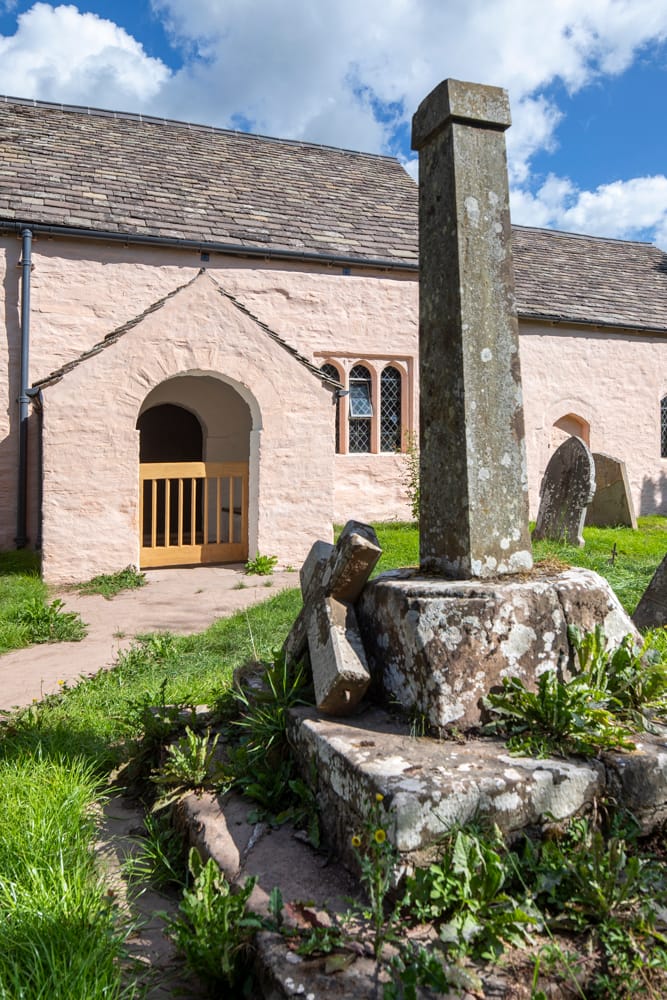
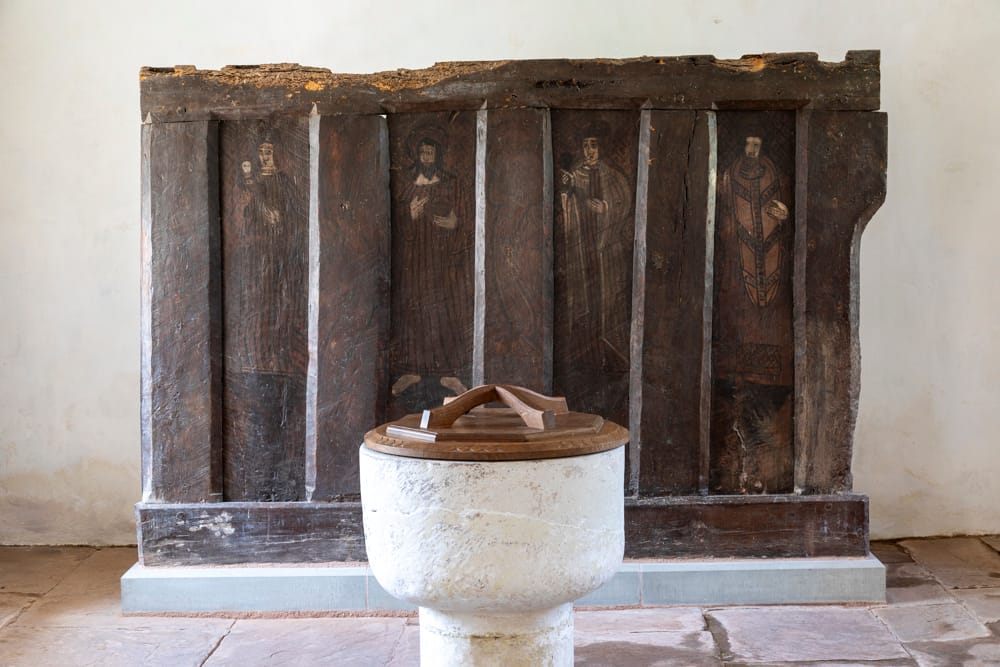
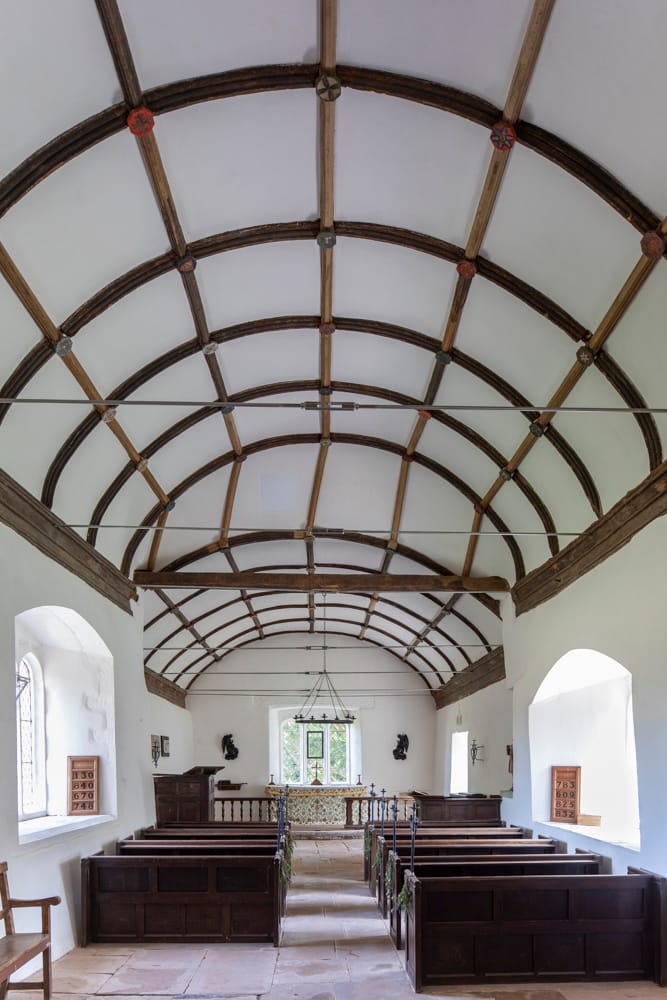
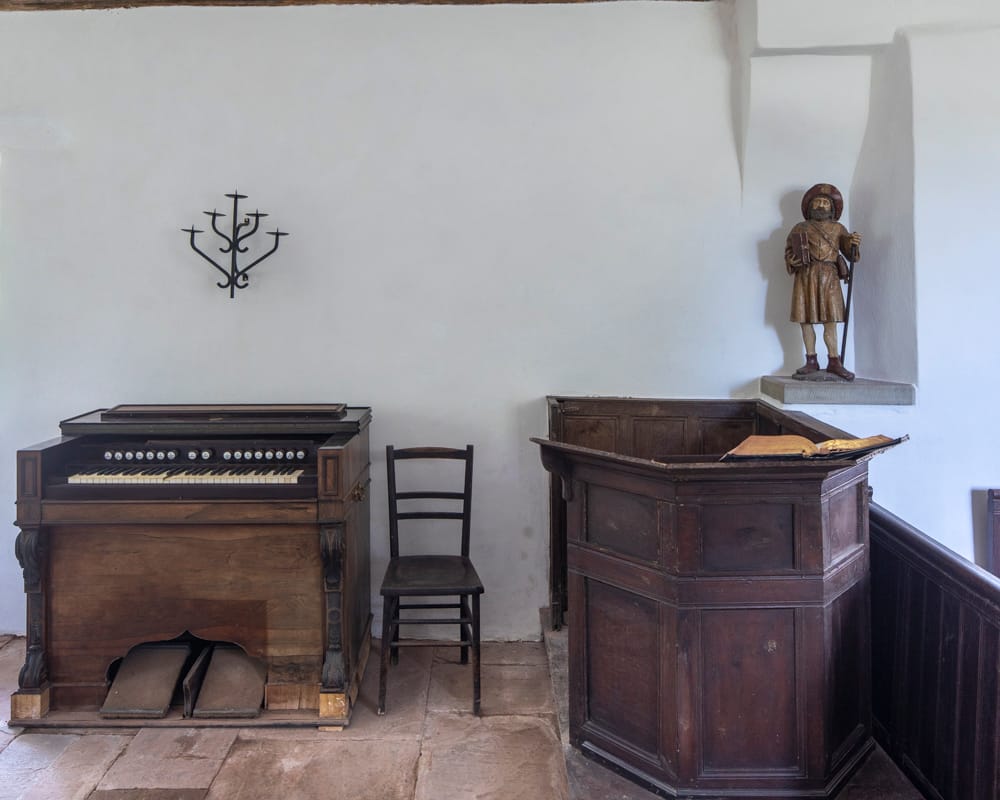
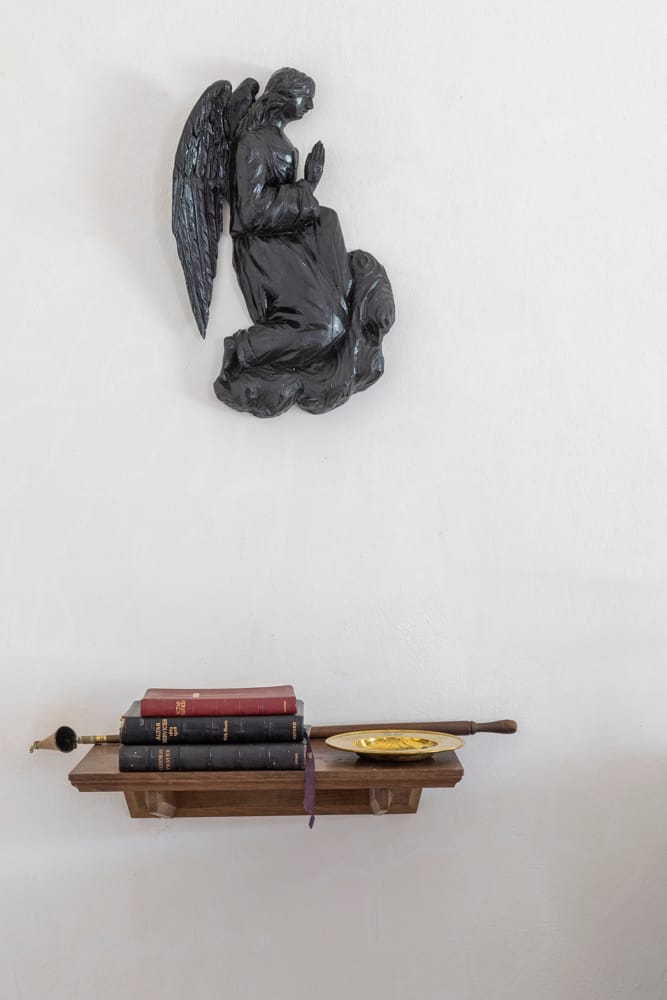
The Friends of Friendless Churches.
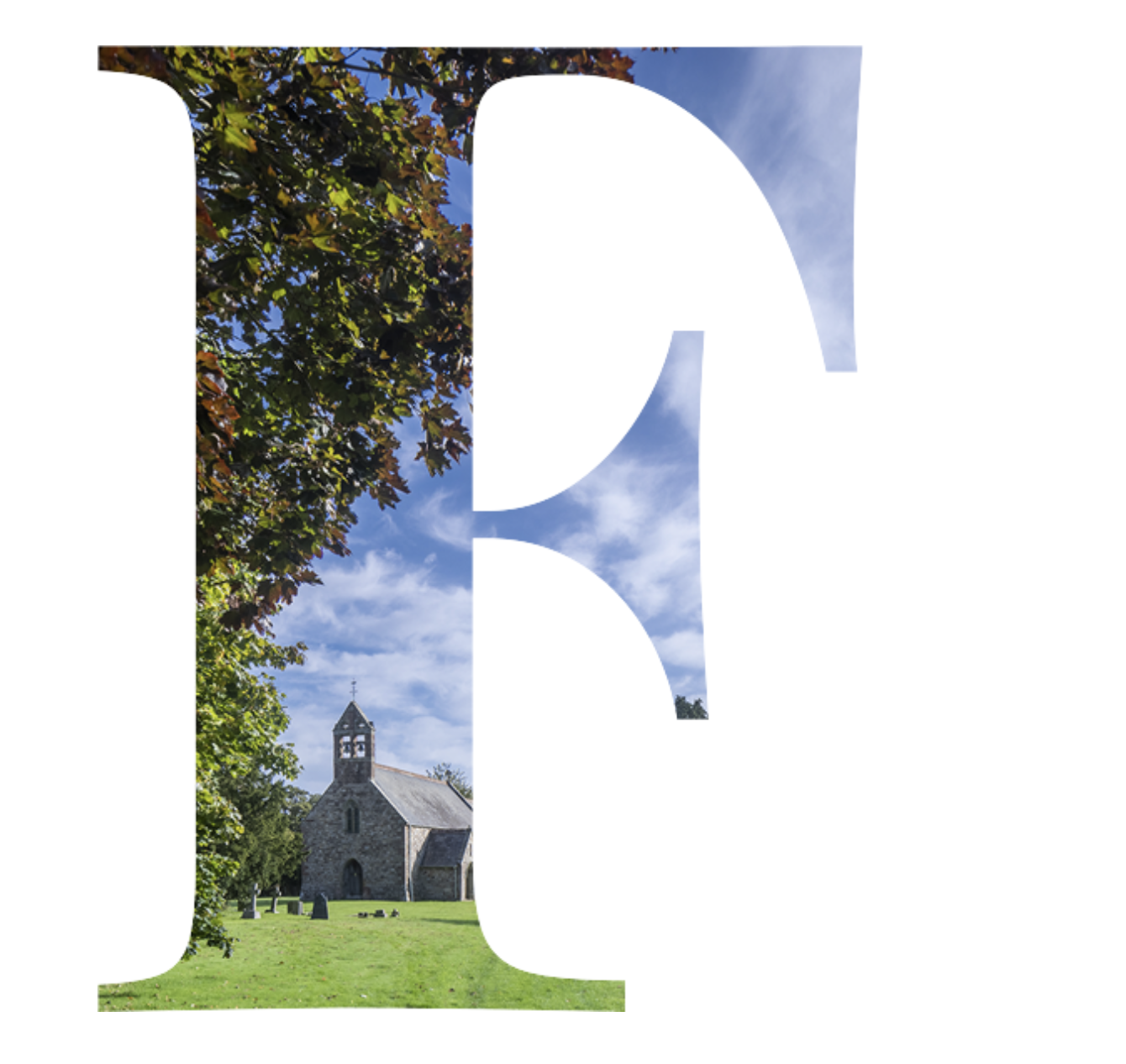
If we visit a Friends of Friendless church on a Summer's day and sense the peace and stillness in the air - the spirit of the place - we might think that the moment of equilibrium is caused by a timeless lack of intervention.
And I suppose that this is what the dichotomy is for organisations like Friends of Friendless Churches. They are caring people that work in the gaps lapses and silences of a place - hidden from the main narrative.
How do you promote an organisation that allows things to remain the same for hundreds of years? Where progress is keeping things as they are? One that articulates the long view beyond our own needs?
Steven Lovatt in his book Enchanted Ground says that 'One way to reach towards the essence of a time is to accumulate so much material detail that gradually a shape and texture become perceptible through it."
This is what the Friends of Friendless Churches are allowing to happen.
What they are effectively doing is actively channelling a conduit to the past.
Help support the Friends of Friendless Churches if you can by becoming a Friend or visiting one of their remarkable churches.
Lodged over at the church overnight to get the last of the light and the first of the light the next day. Lodging with kind permission of Friends of Friendless Churches.
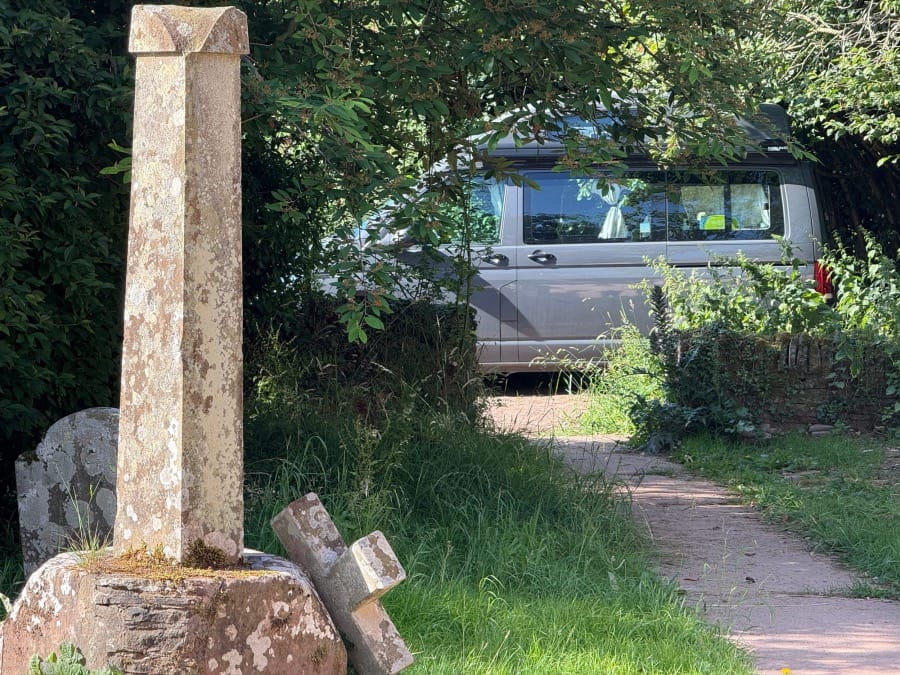
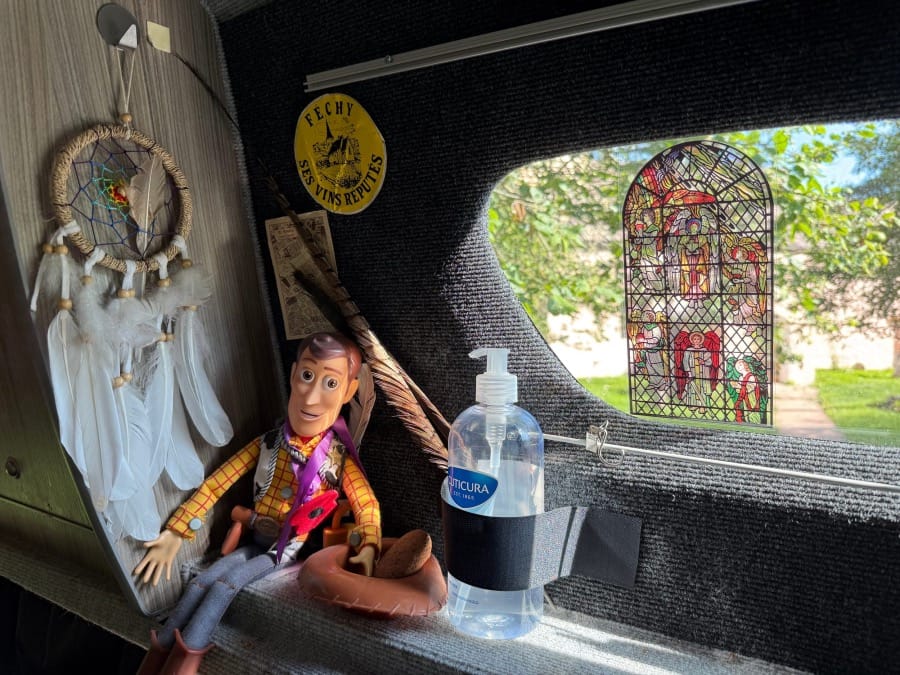
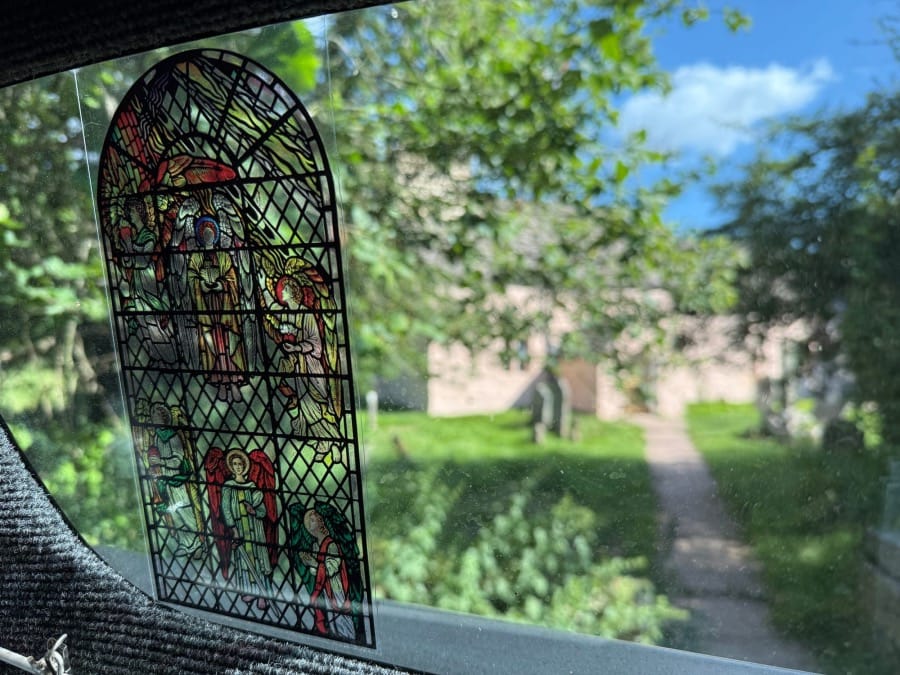
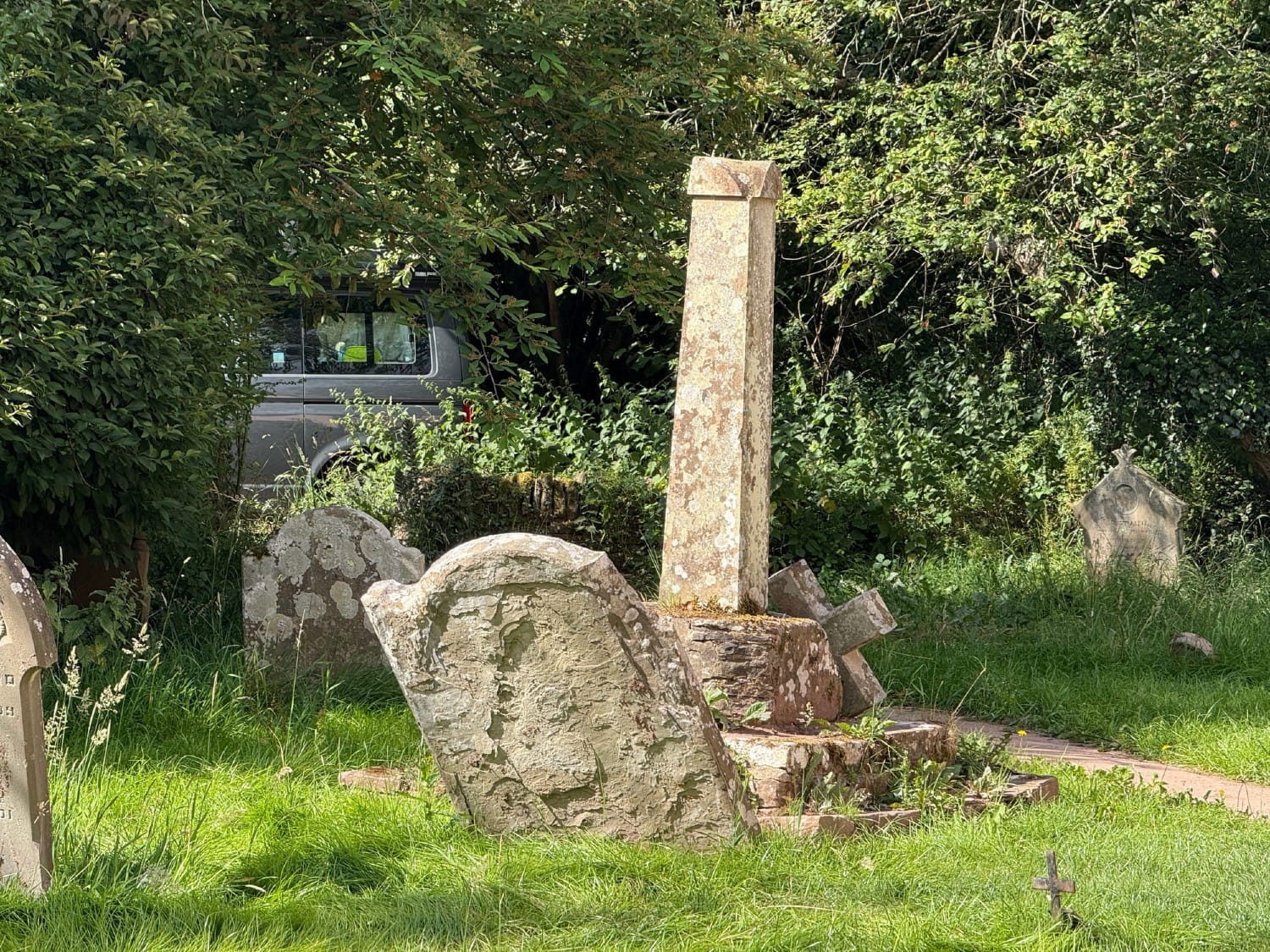

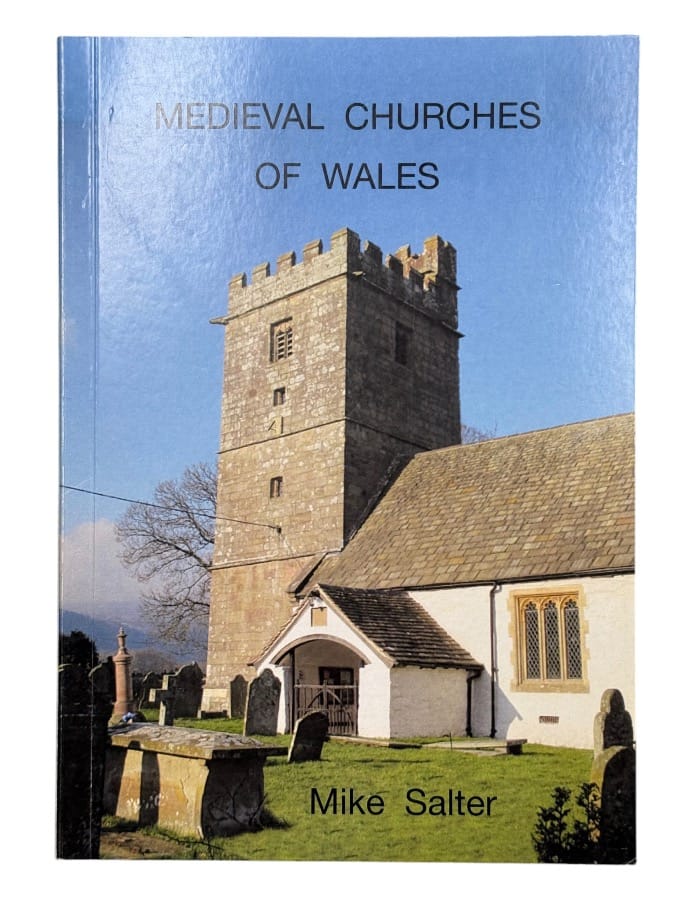
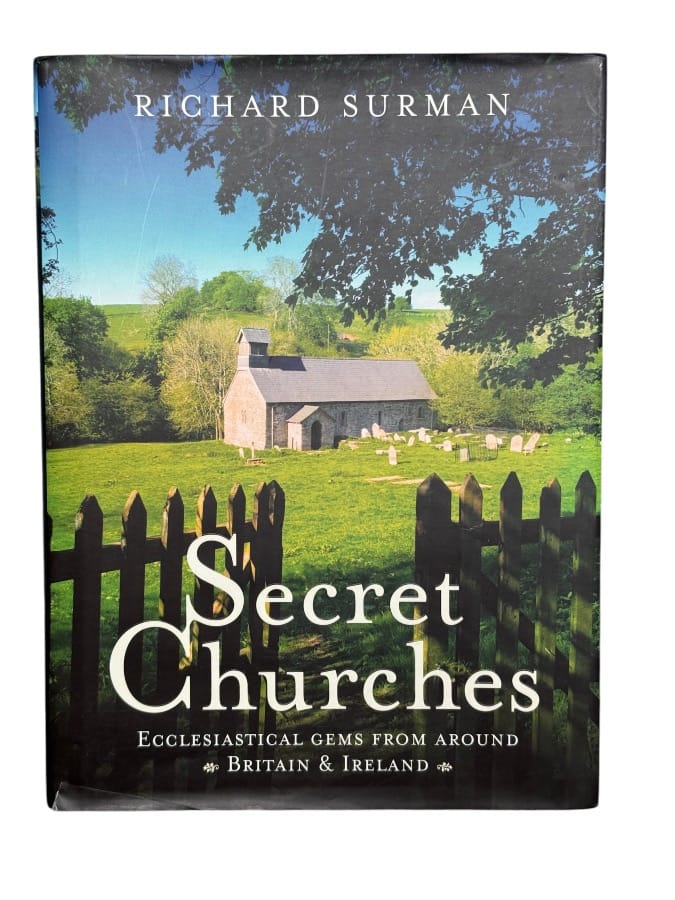
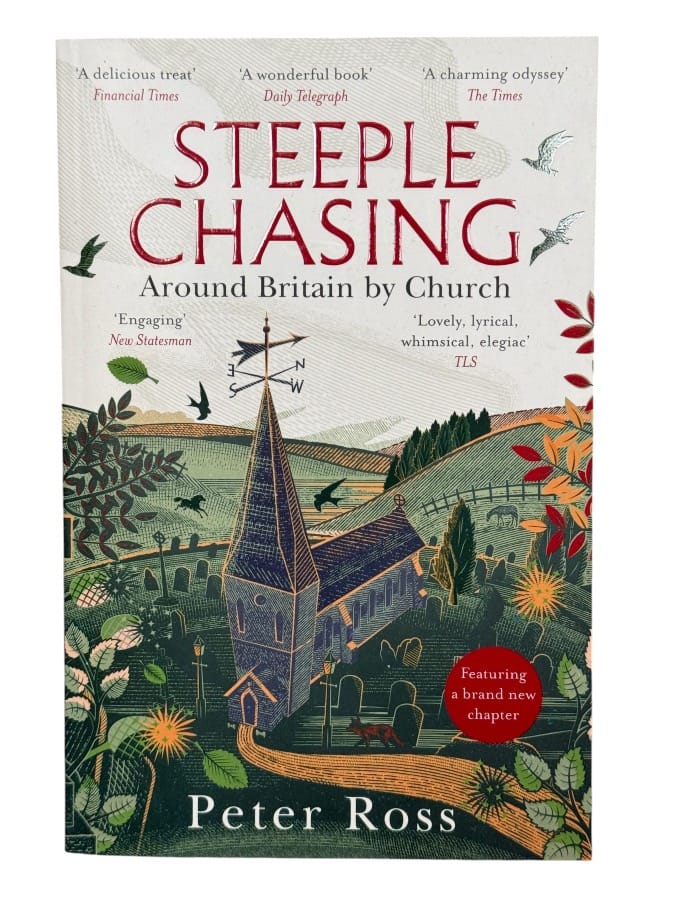
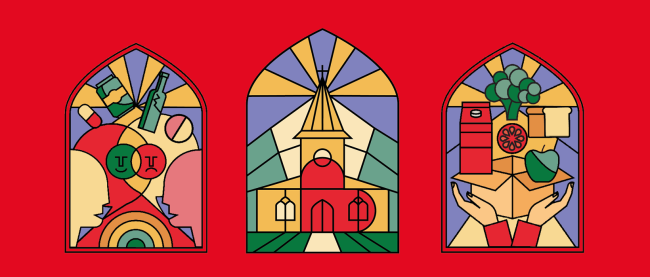
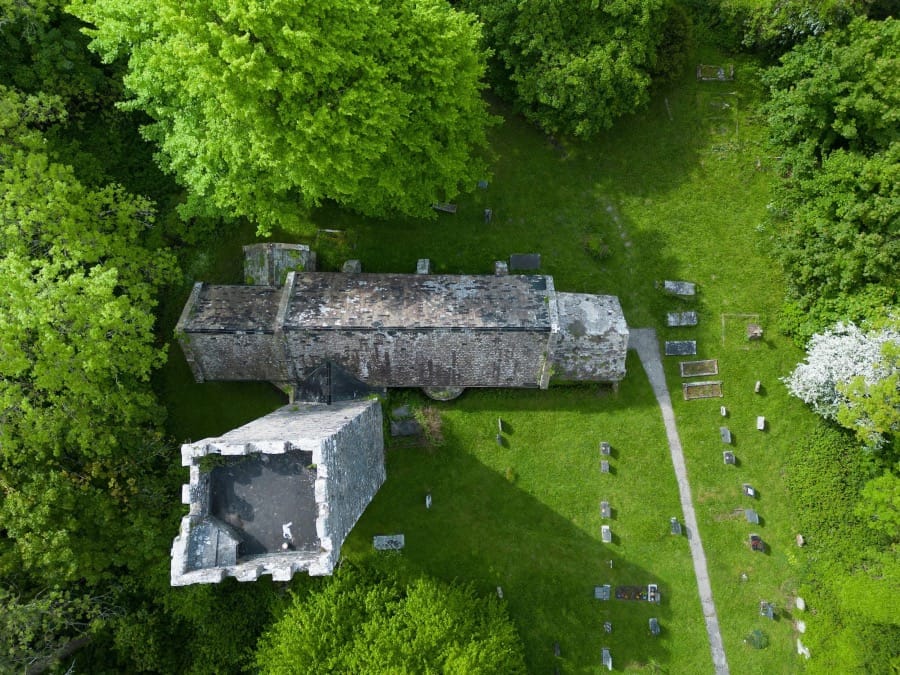
I can smell the space before I can see it. It is dark and dank, and it takes a while for my eyes to adjust to the gloomy interior which reveals itself intermittently in swags of sunlight dropping in from behind the clouds.
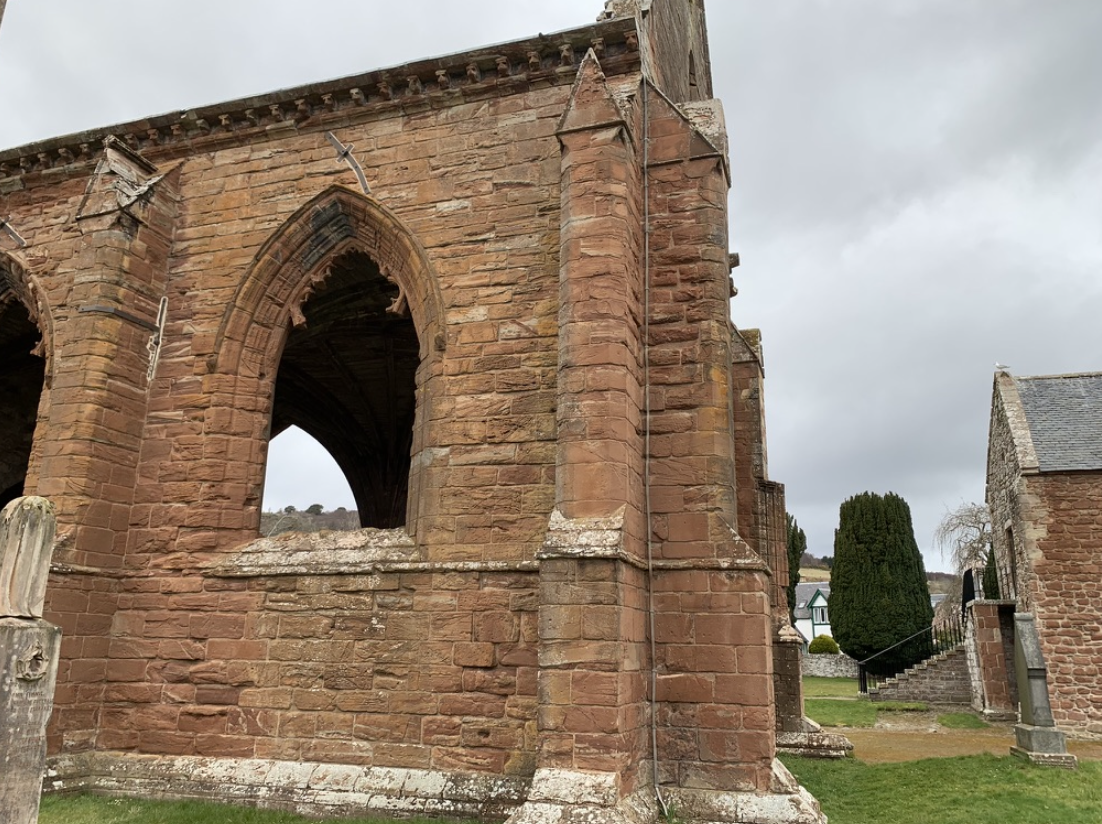
Surface tension: the surprising truth about many of our historic facades.
Member's Field Notes
Where the lens lingers a little longer...
St. James's, Llangua in VR
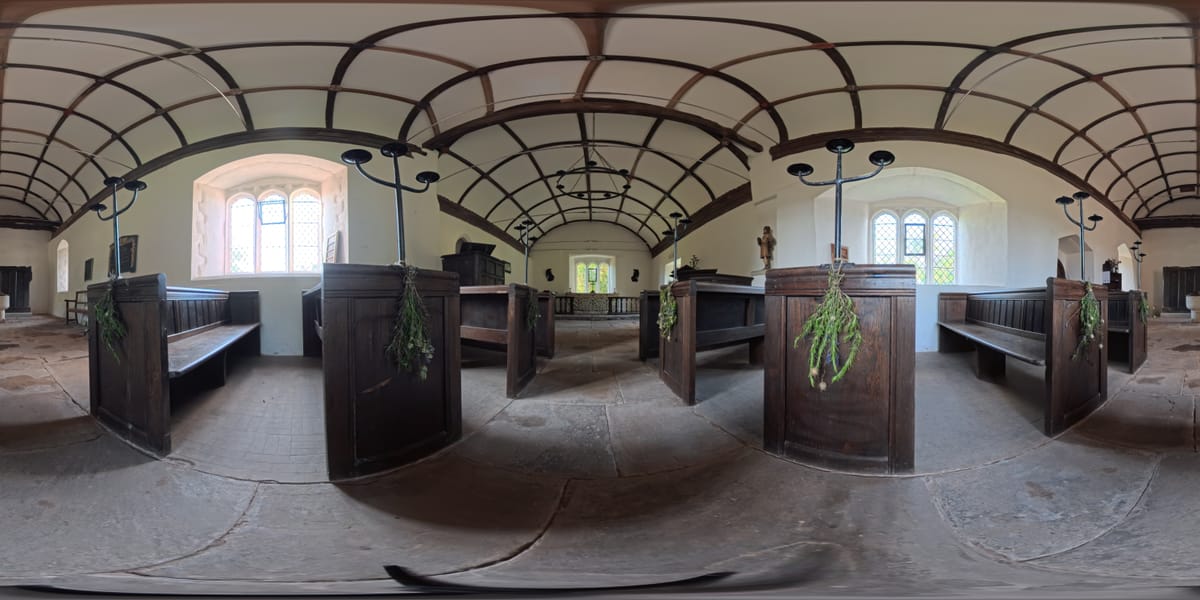
Member's Supplements on Building Conservation:
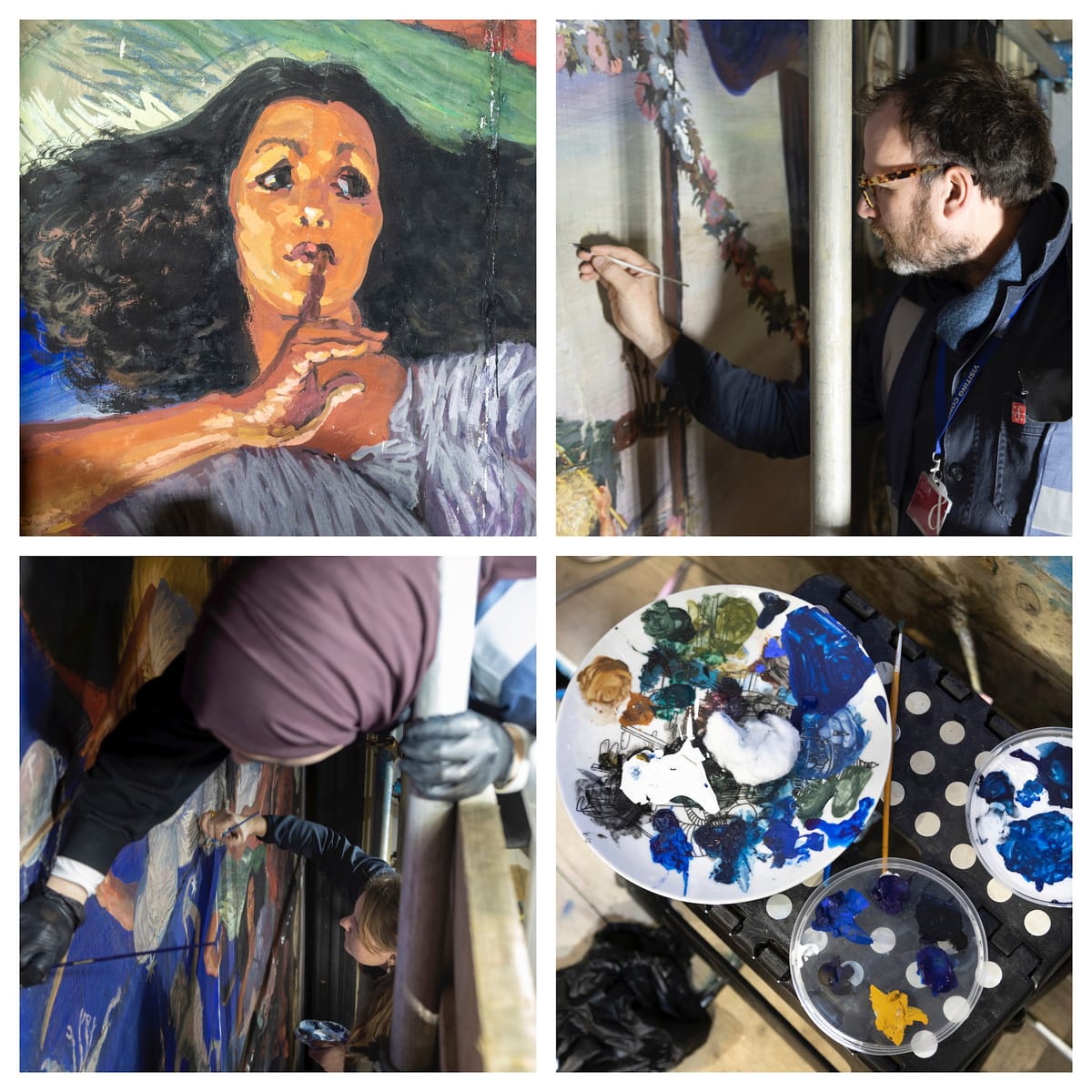
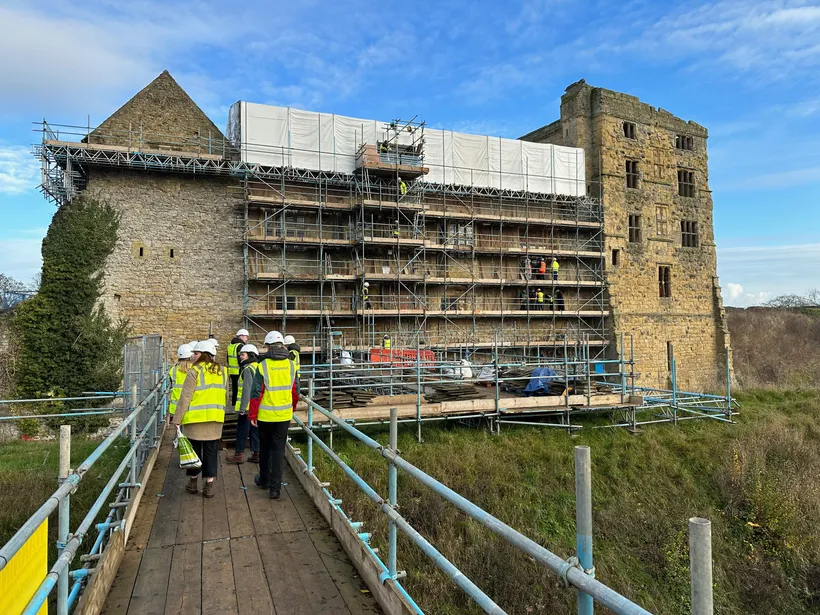
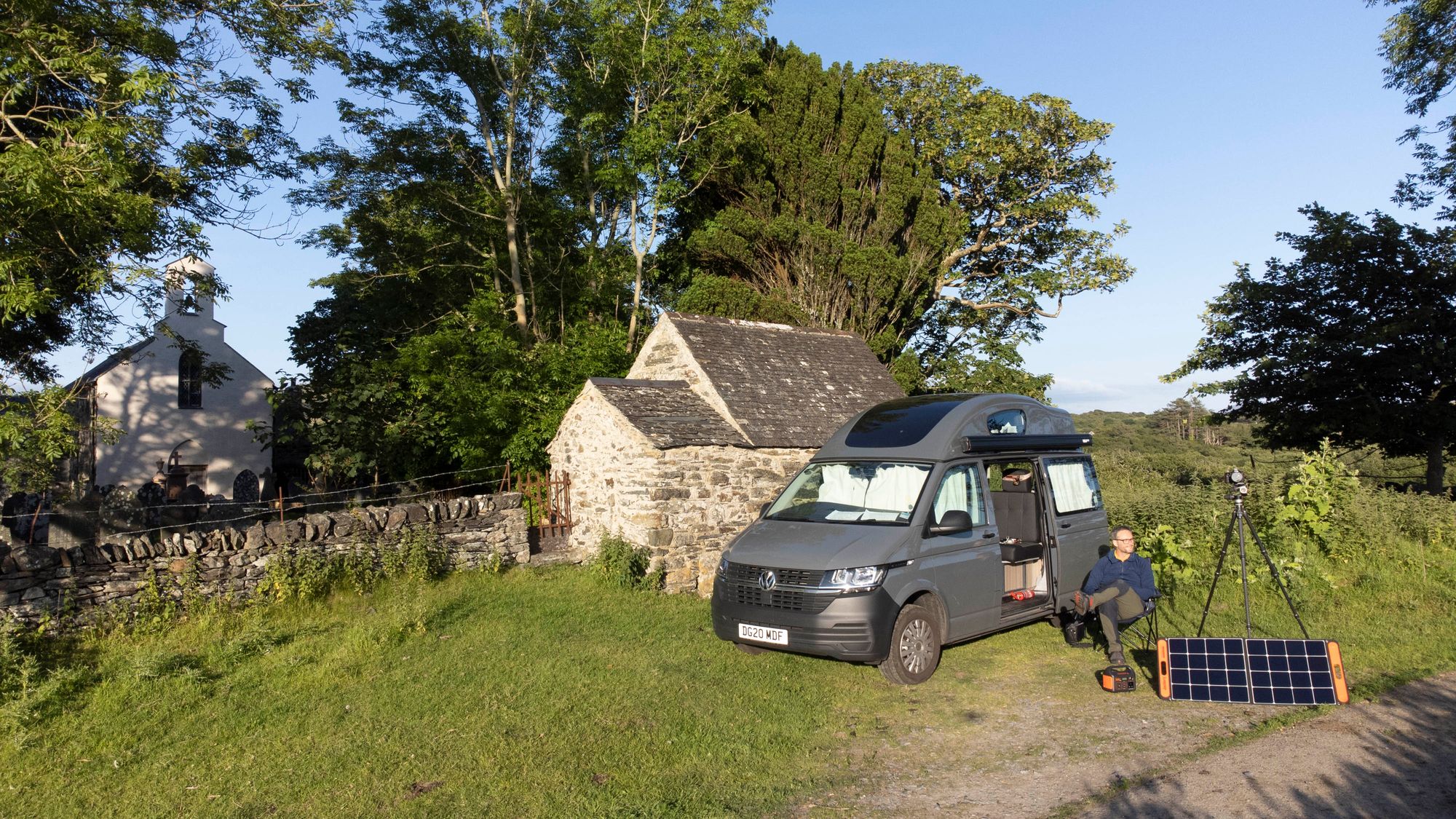
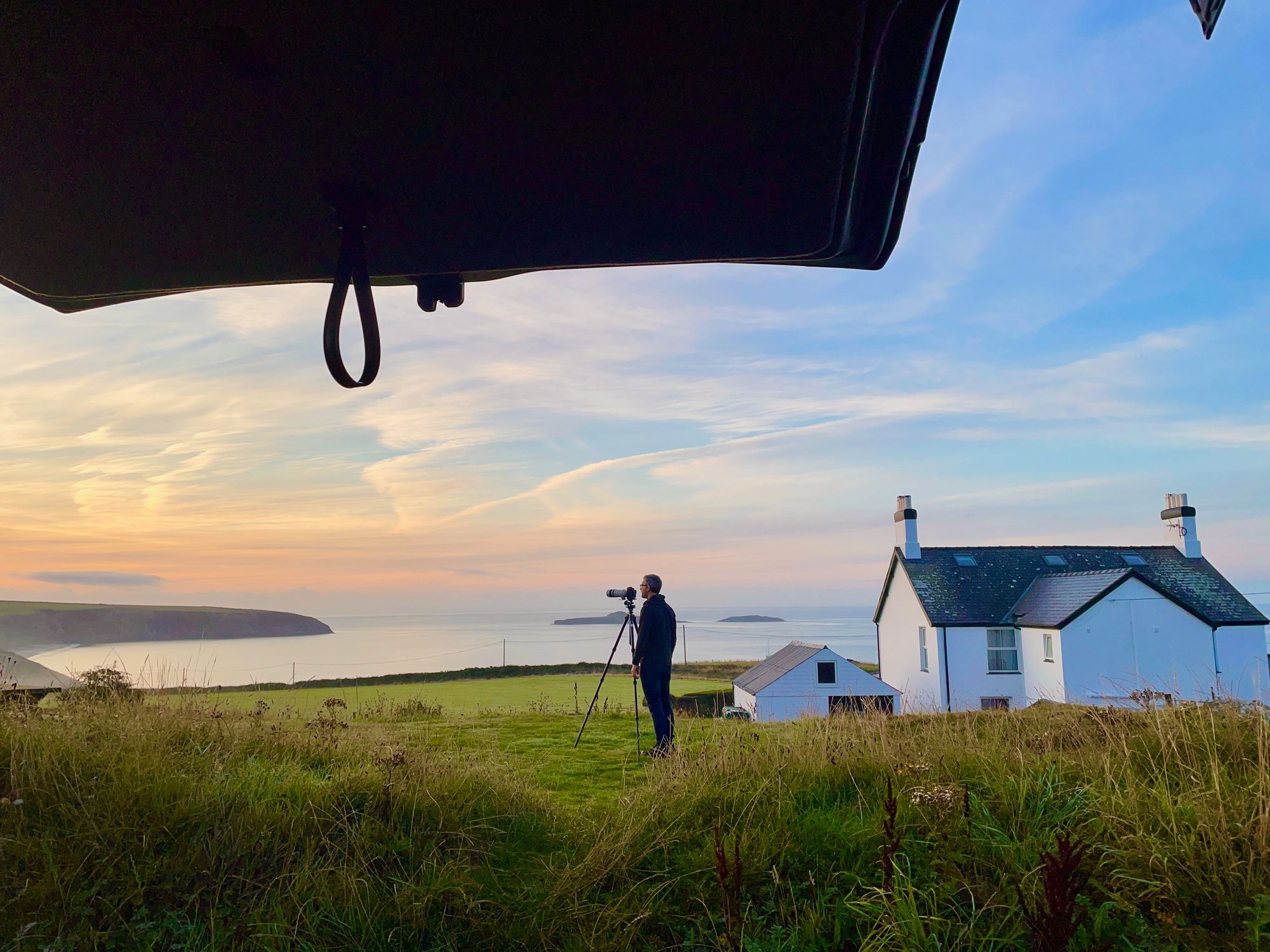
Like to linger a little longer? Why not consider becoming a member and help me continue my journey.
Recent Digest Sponsors:
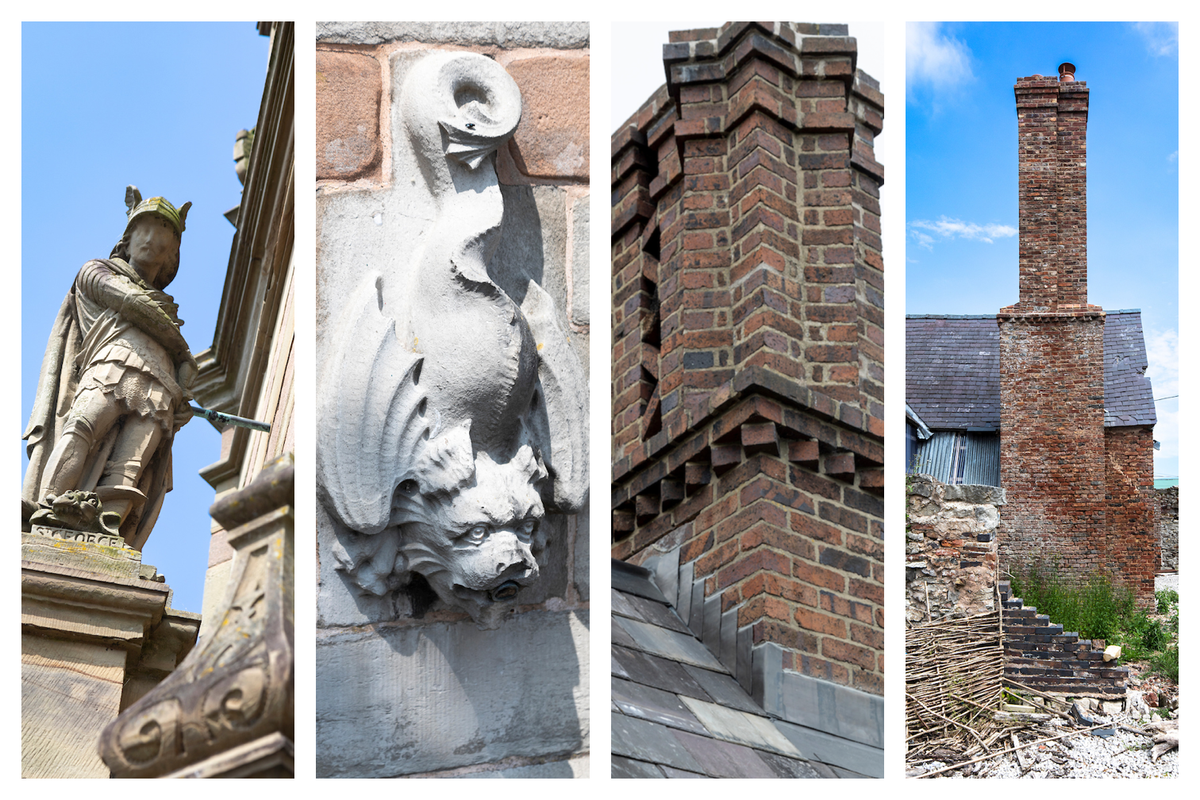
Lily Watts
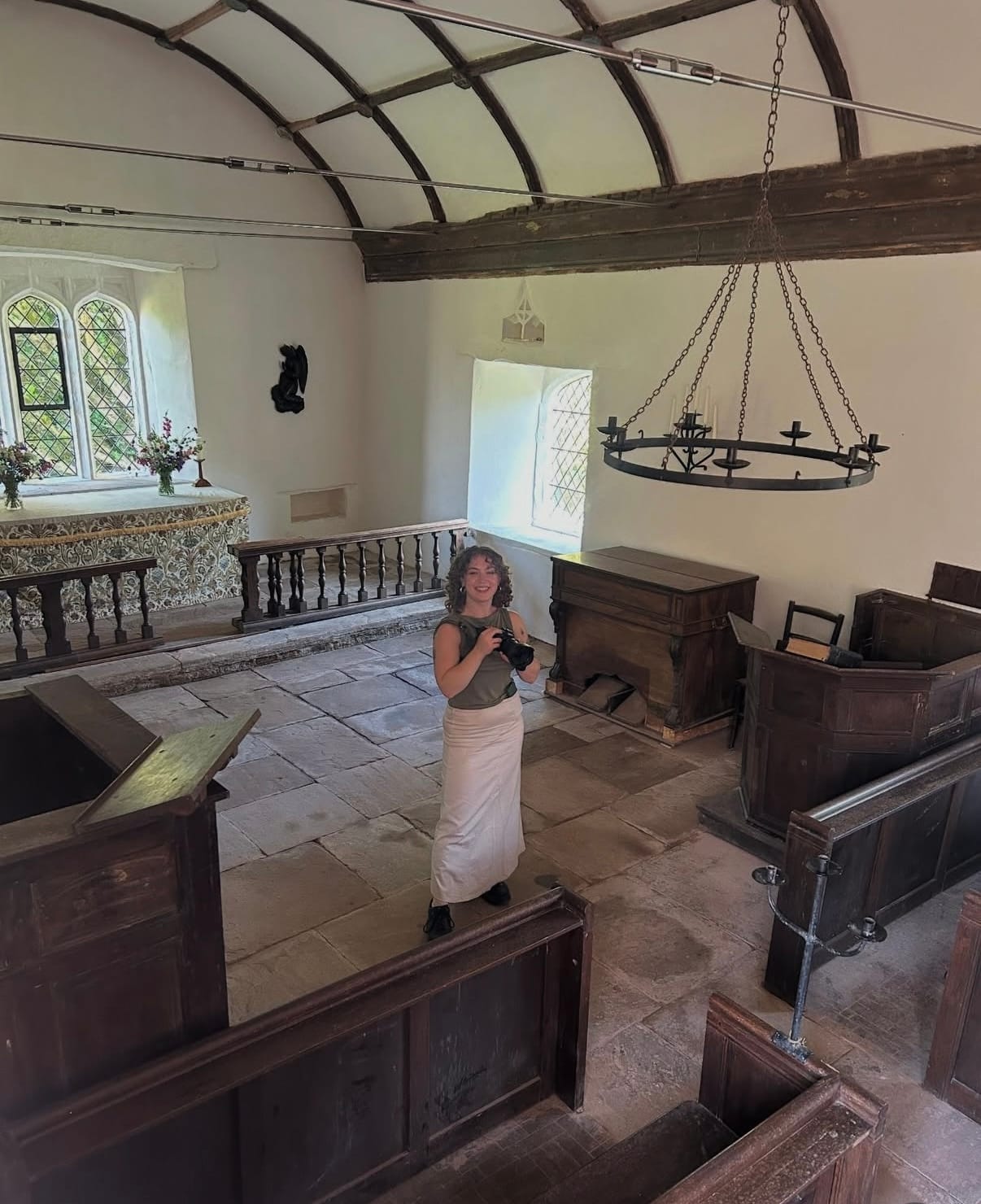
Between my first visit and my final return to Llangua, I’ve been following the conservation work through updates from the Friends of Friendless Churches — and through the exceptional photographs they’ve shared along the way.
Over time, I began to notice a distinctive style: an eye attuned to people and place, to the quirky, and to the juxtaposition of old and new. The images — taken by Lily Watts over the course of the entire project offer a vivid and insightful window into stories that often go untold: the gaps and the silences in the life of the church.
Here's a link to Lily's portfolio and more images of Llangua during conservation works.
Kind words from a subscriber:
Andy your work is becoming wonderful, remarkable. A so-called breakdown has been milled into its constituent parts, becoming profound construction: through perception, architecture, the lens and the pen. In your Repton crypt essay a deep description of our social anxiety - and our reason to be....
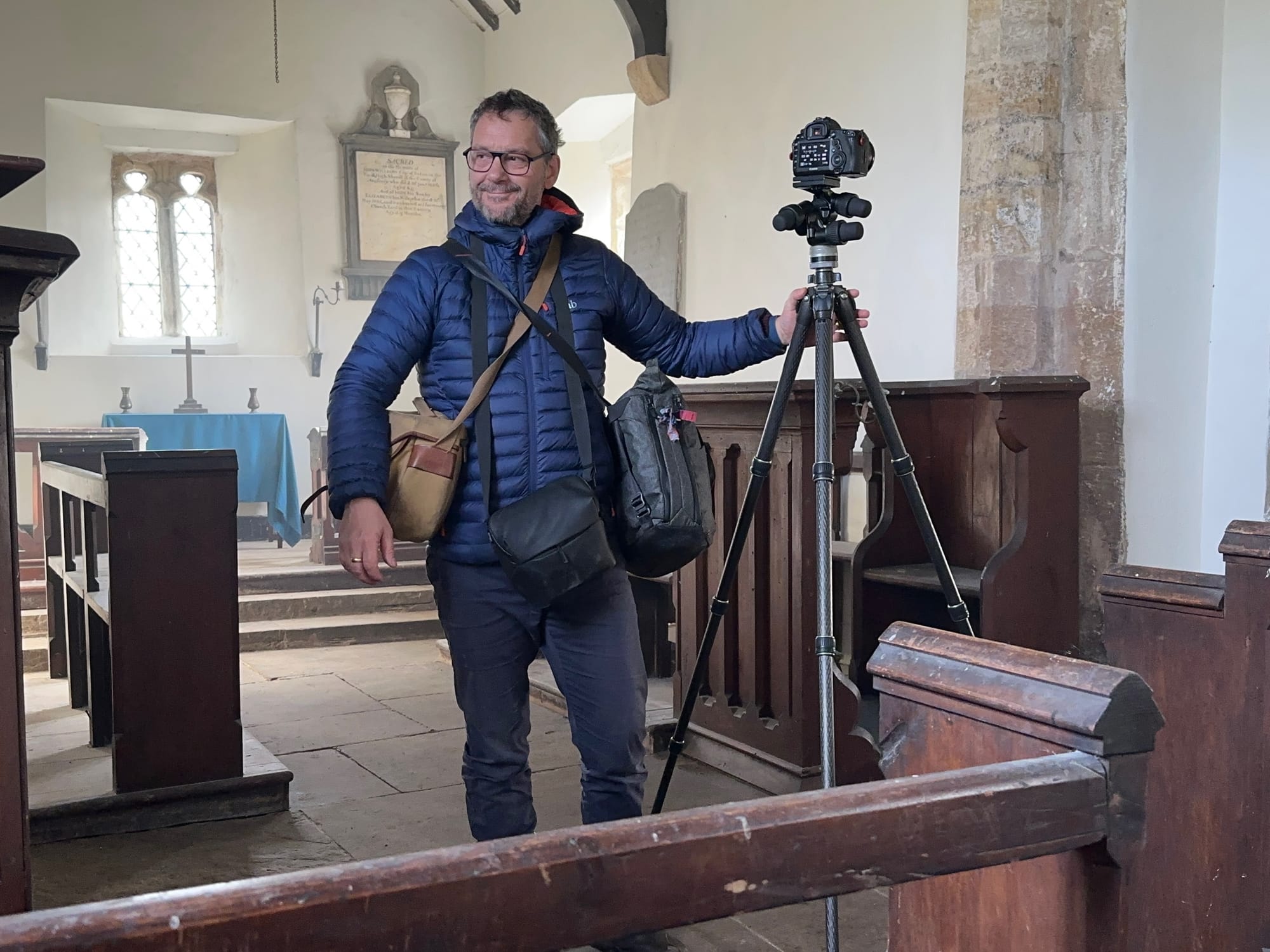
✨ The Genius Loci Digest is free and supported by readers. If you love it, you can become a Member to get deeper into the content and help keep it going.
Become a Member:
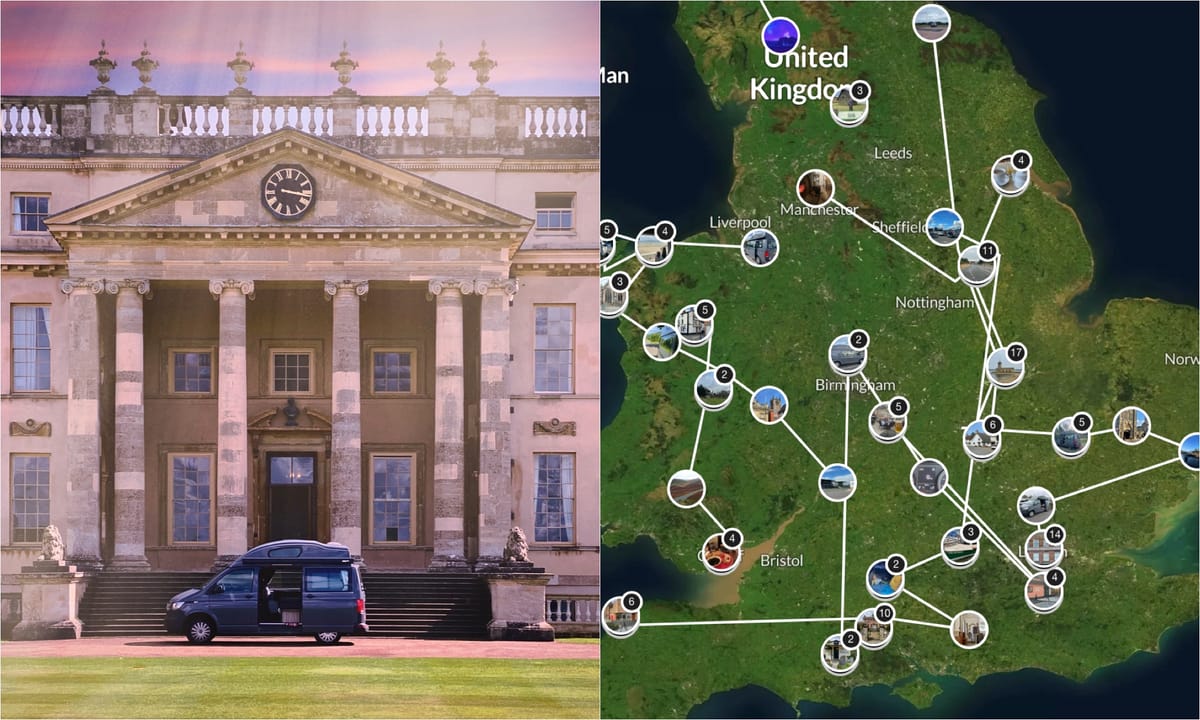
Make a Donation:

Purchase Art:
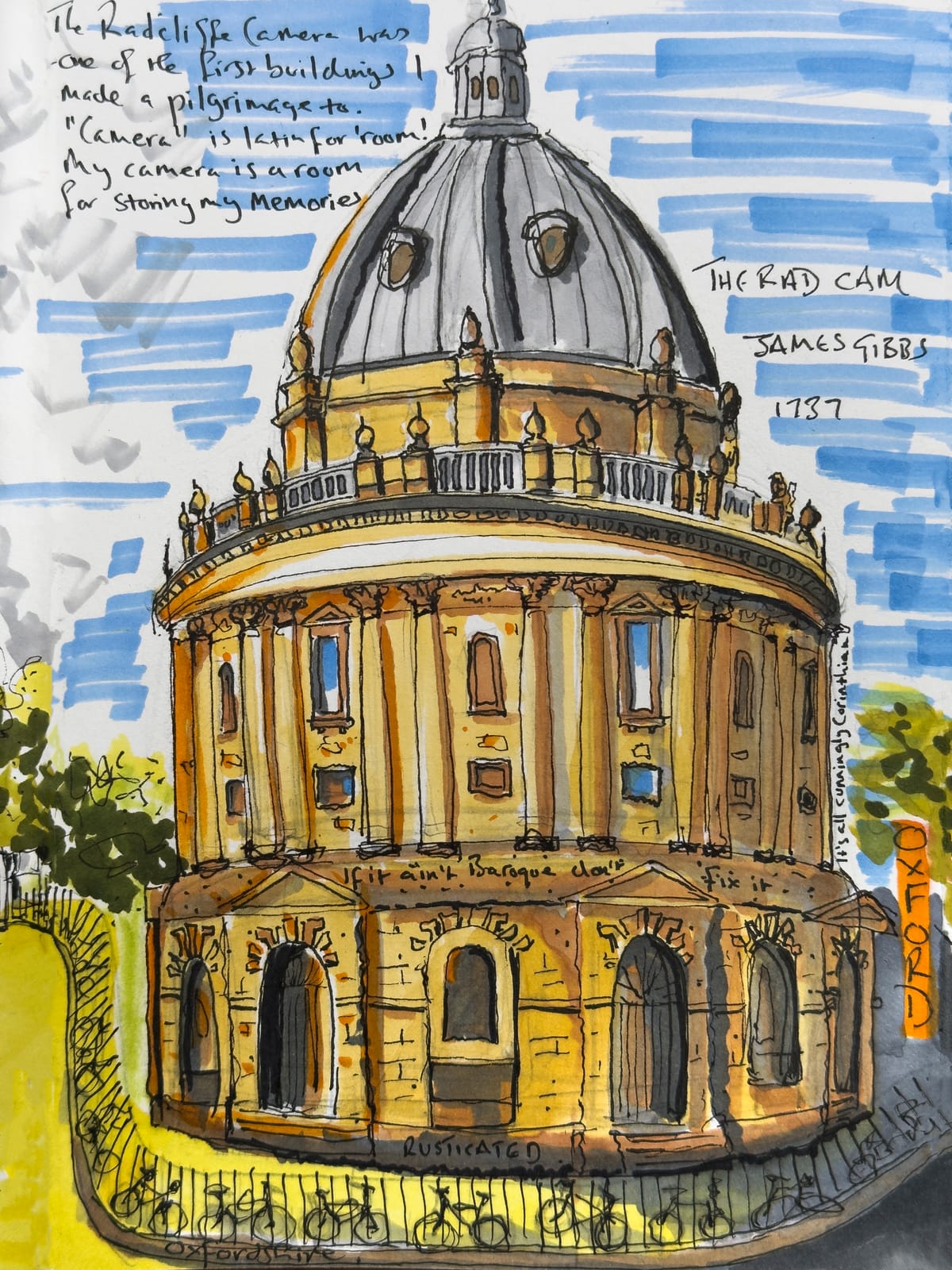
Companies can sponsor me too - more here:

Kind words from Bluesky:
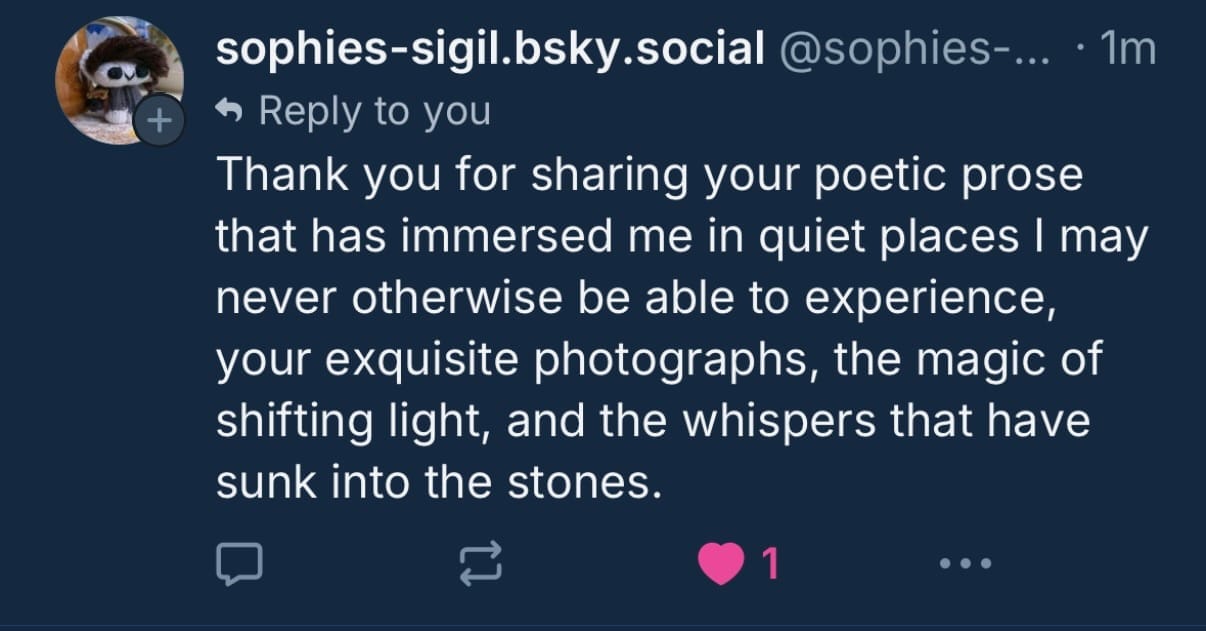

Thank You!
Photographs and words by Andy Marshall (unless otherwise stated). Most photographs are taken with Iphone 16 Pro and DJI Mini 3 Pro.
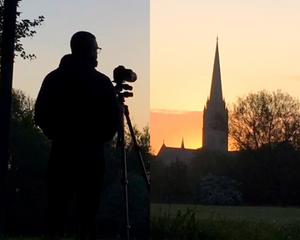

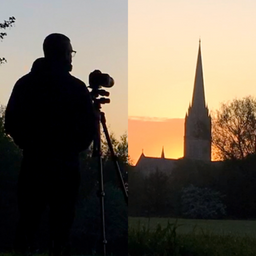
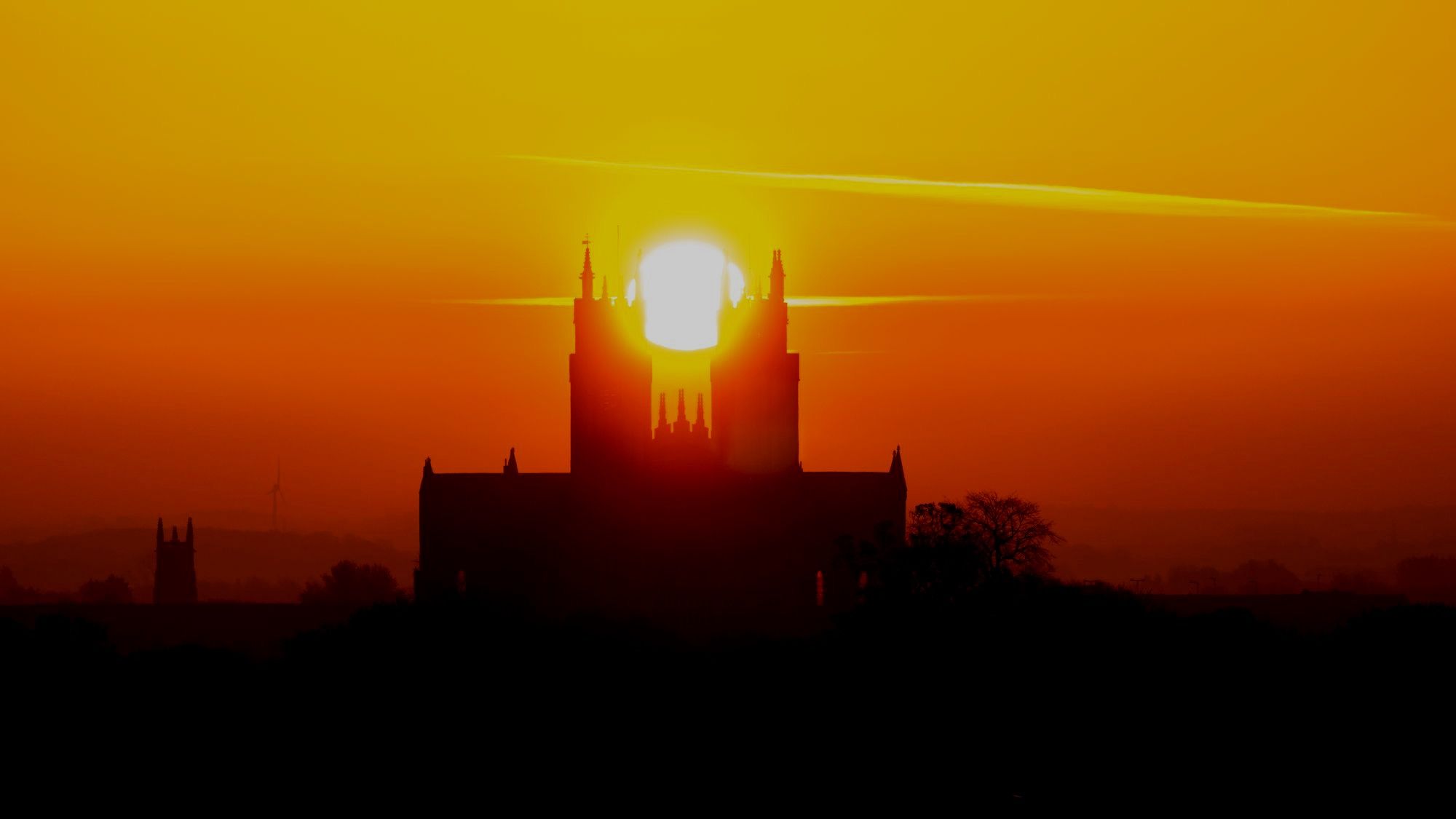


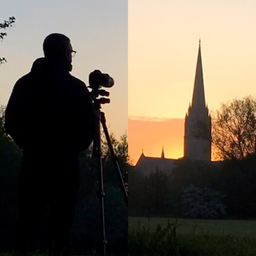
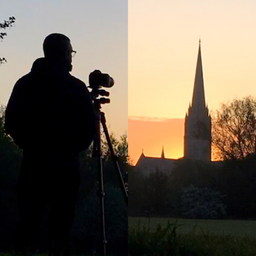
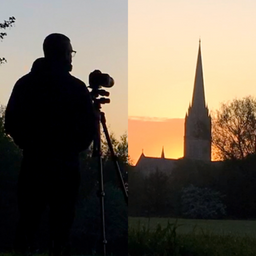
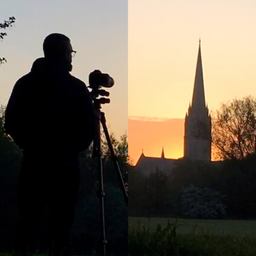
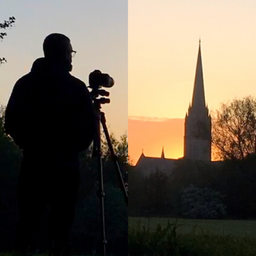
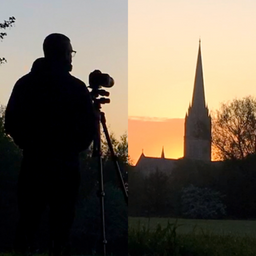
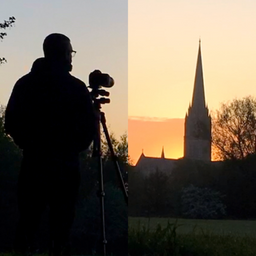
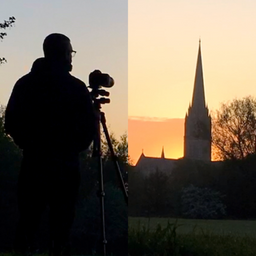

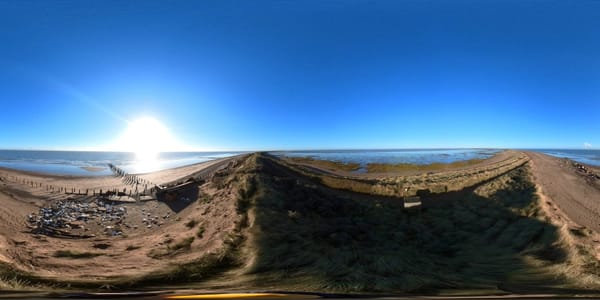

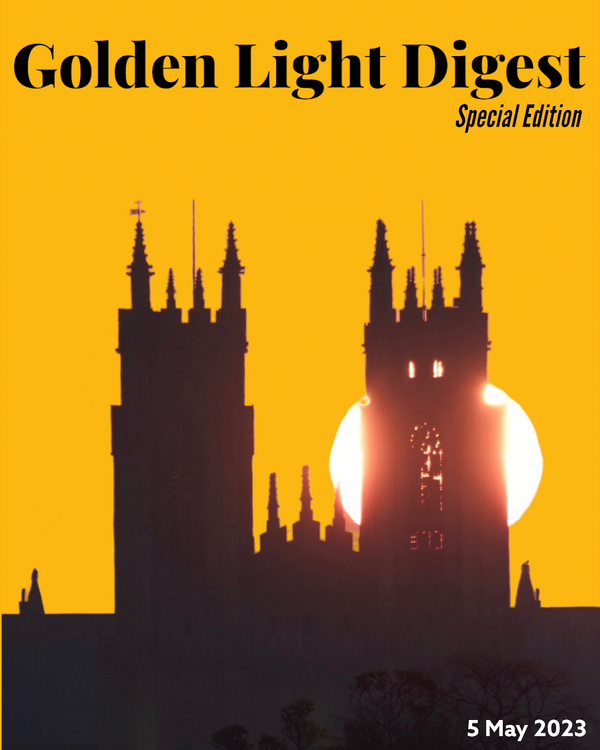
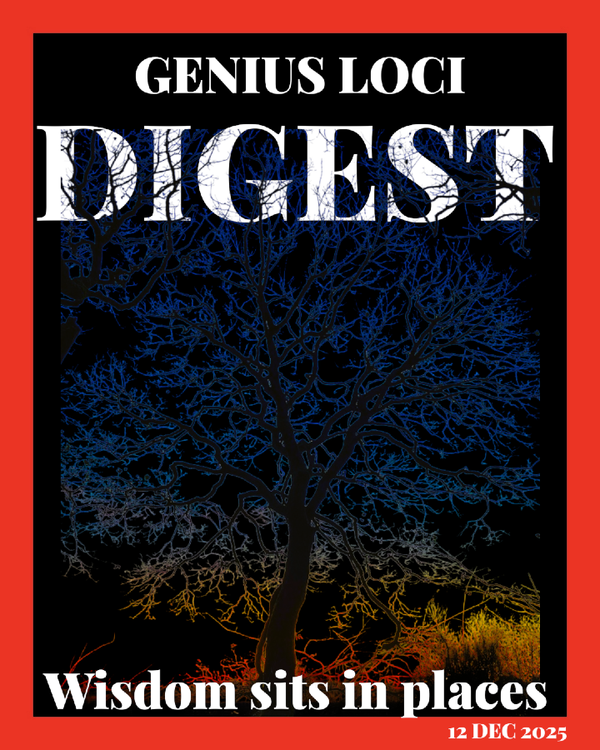
Member discussion